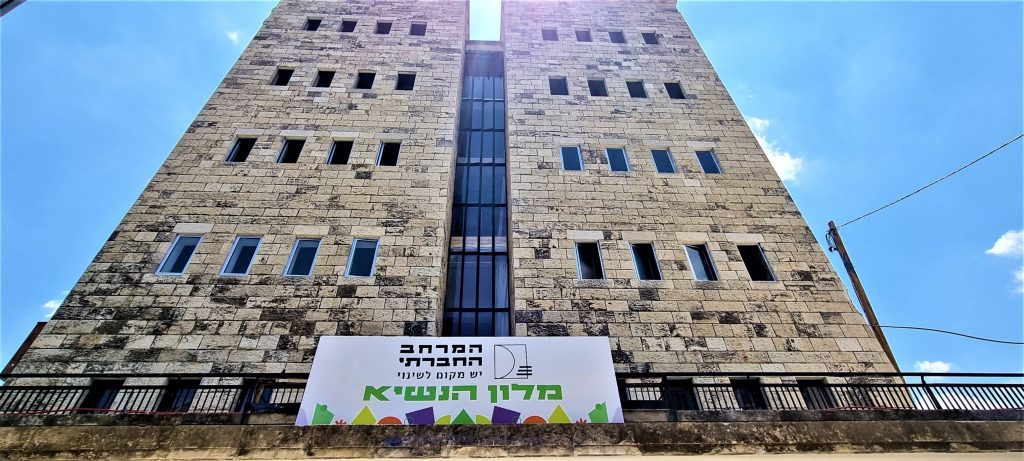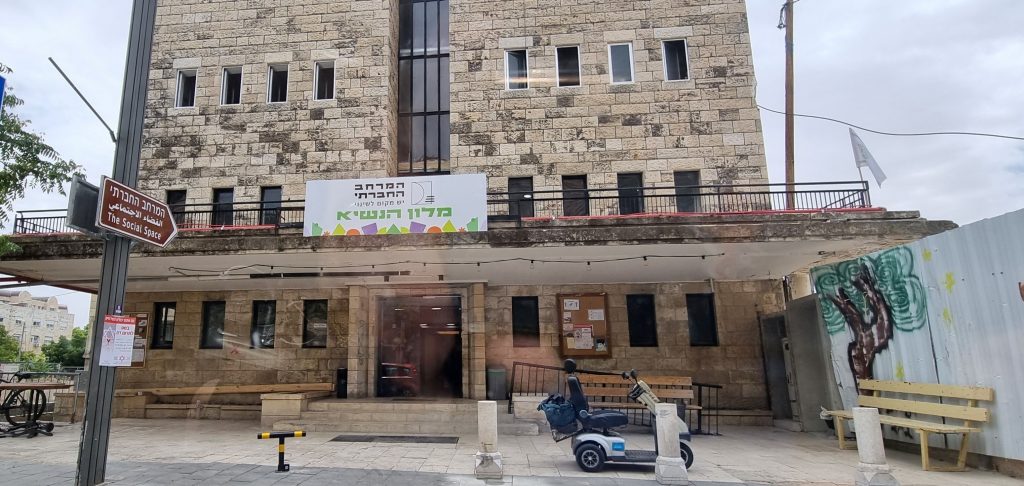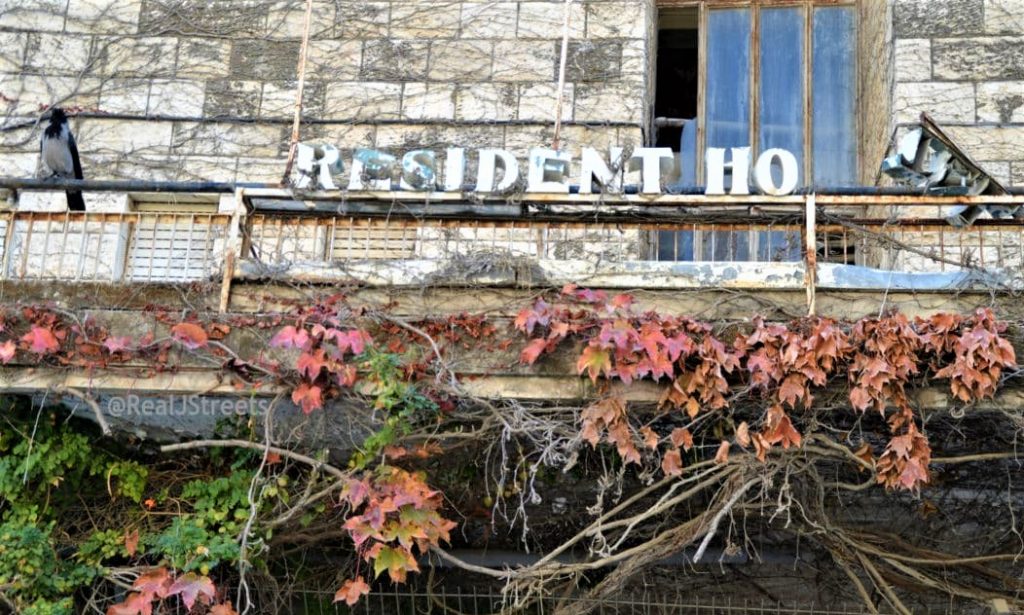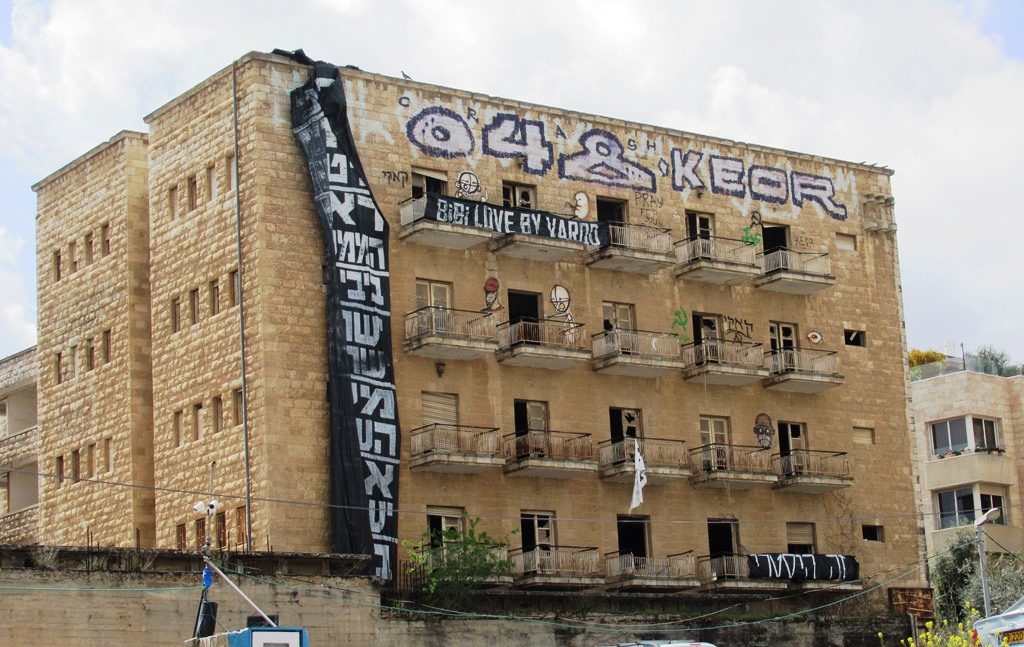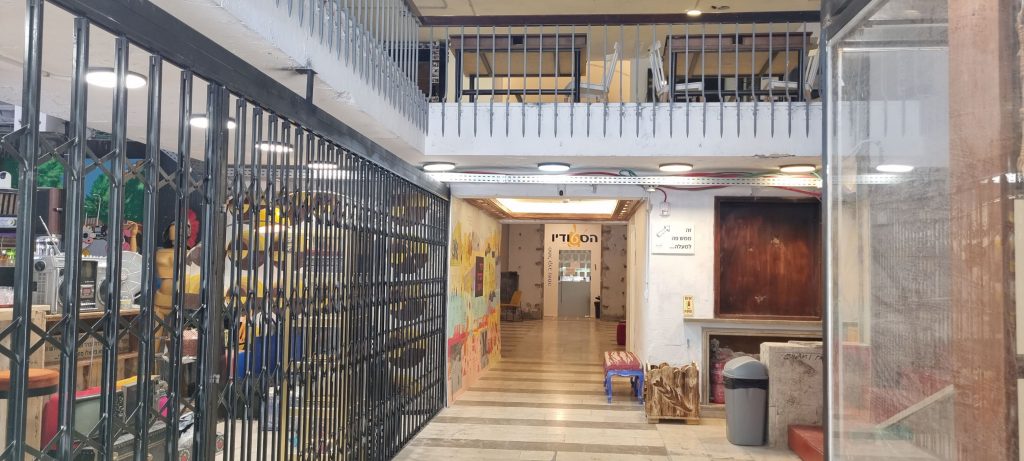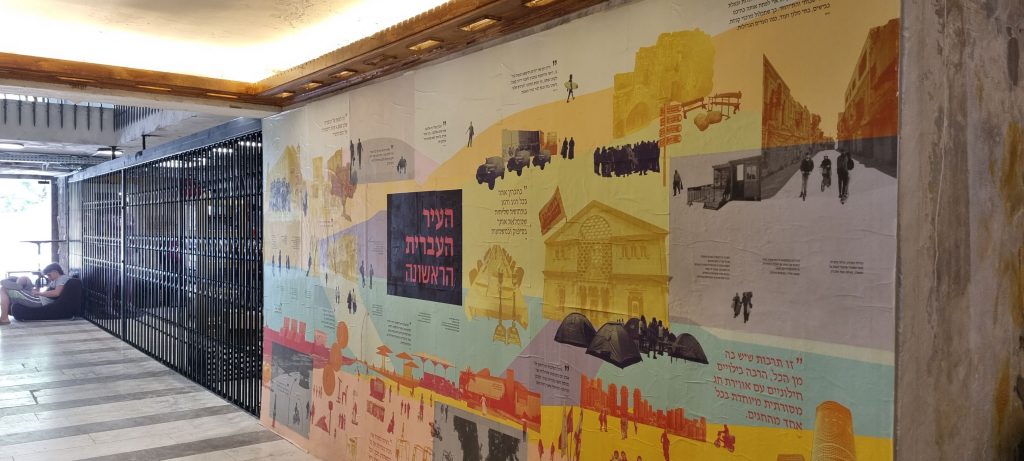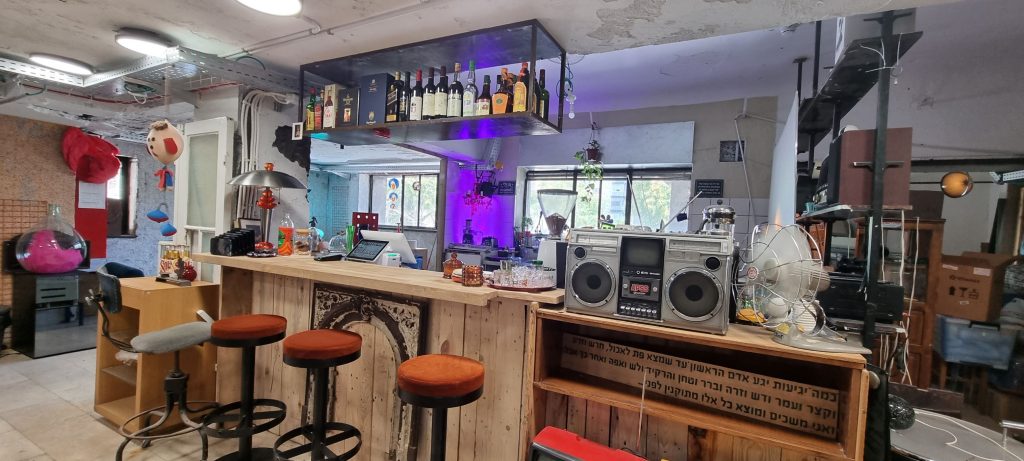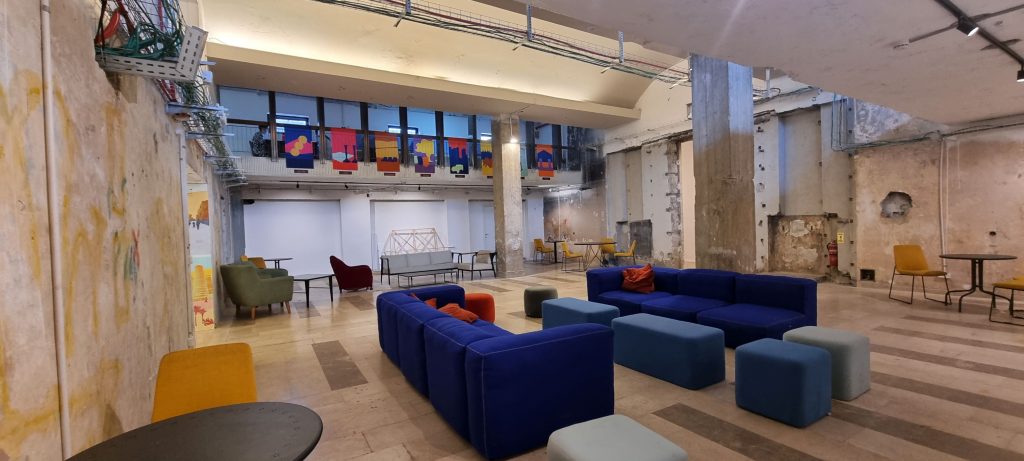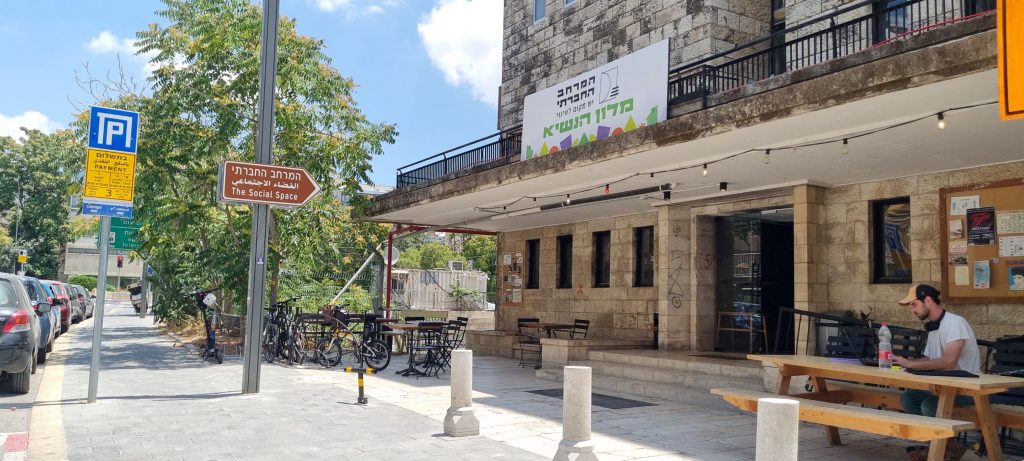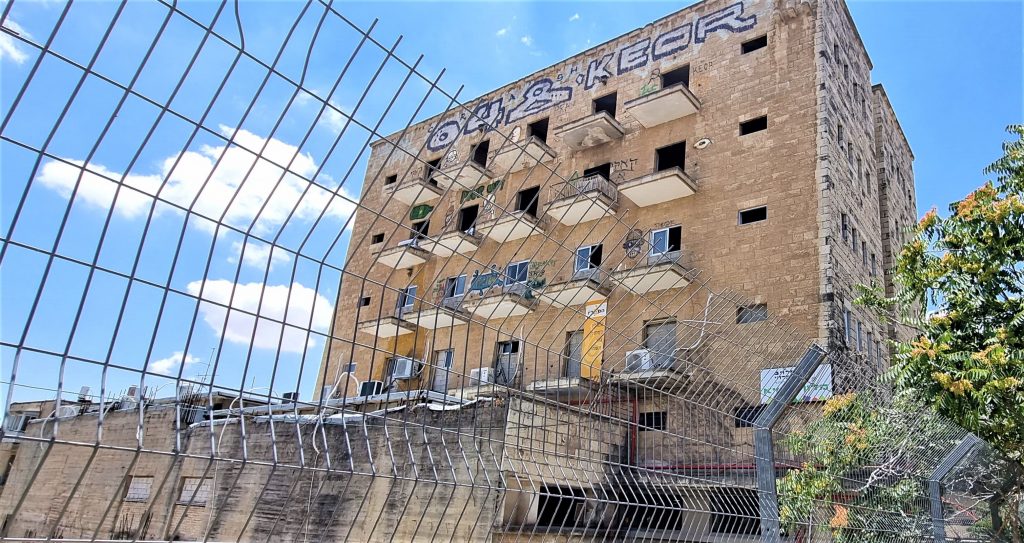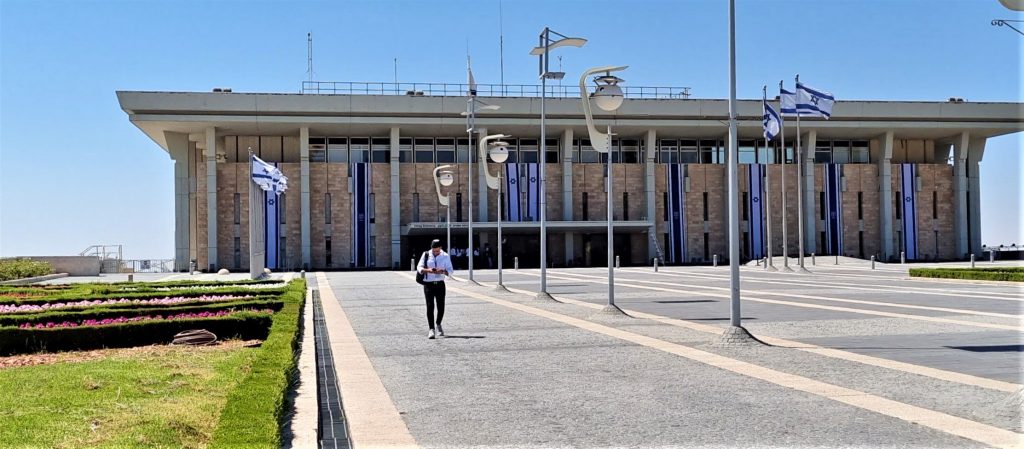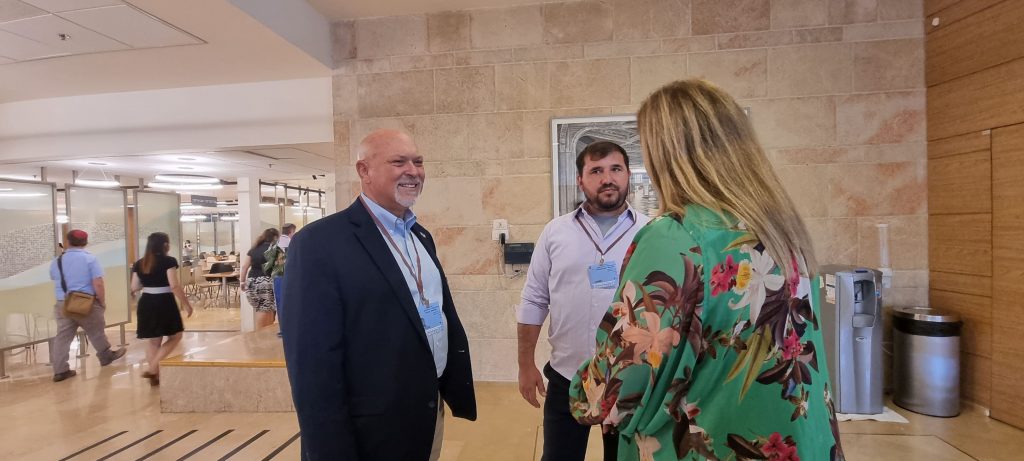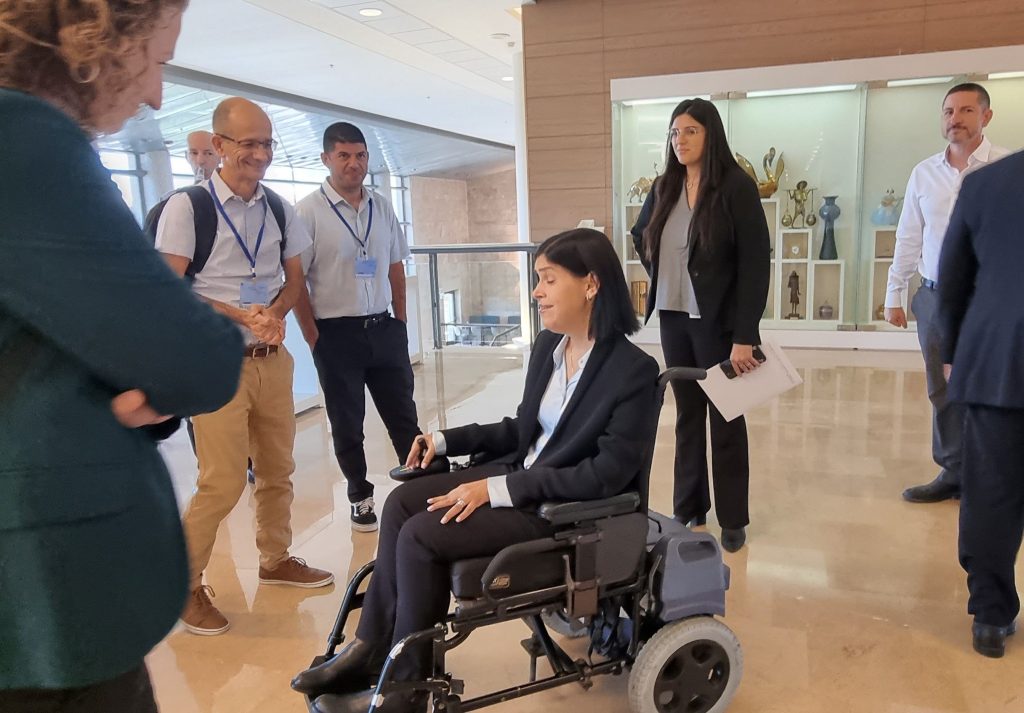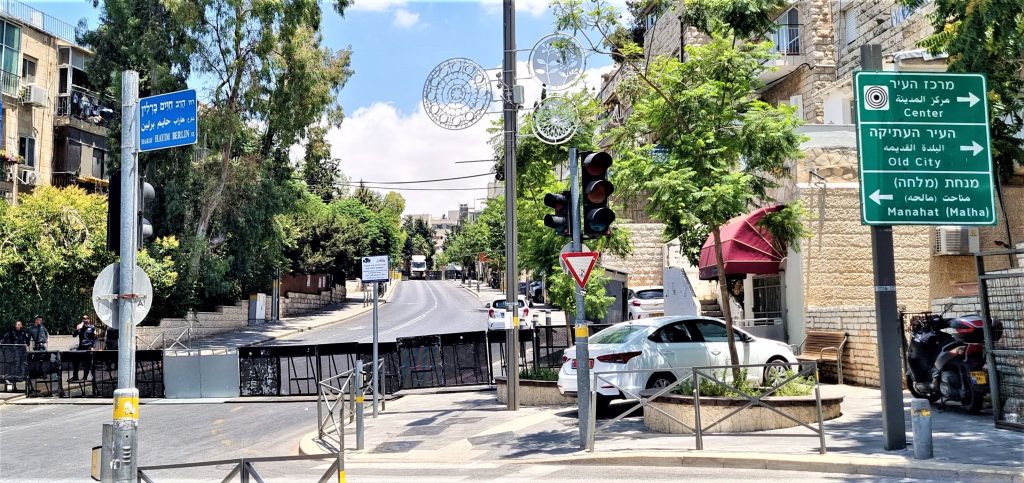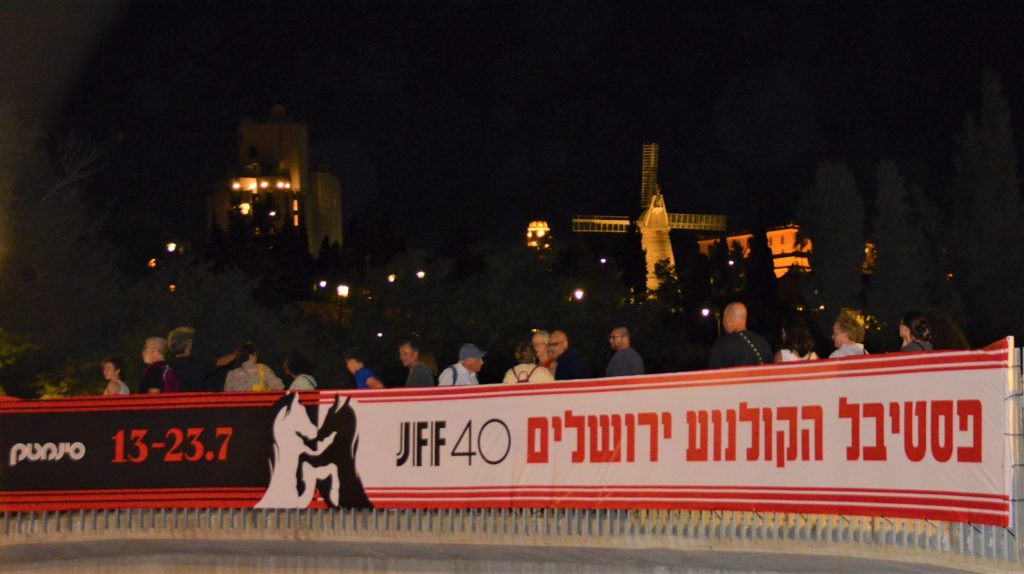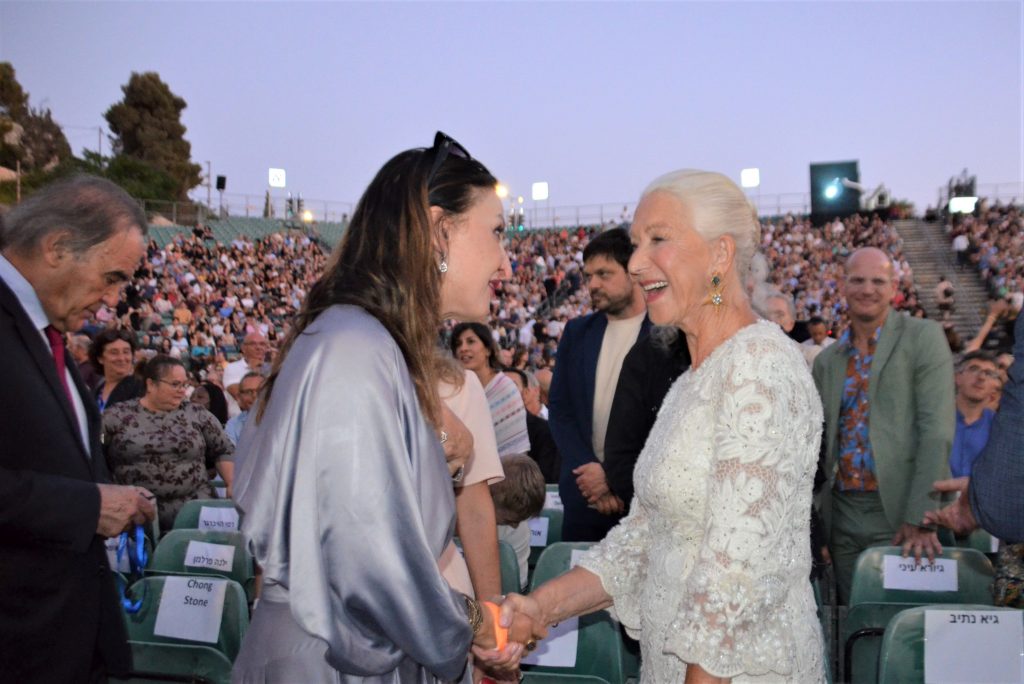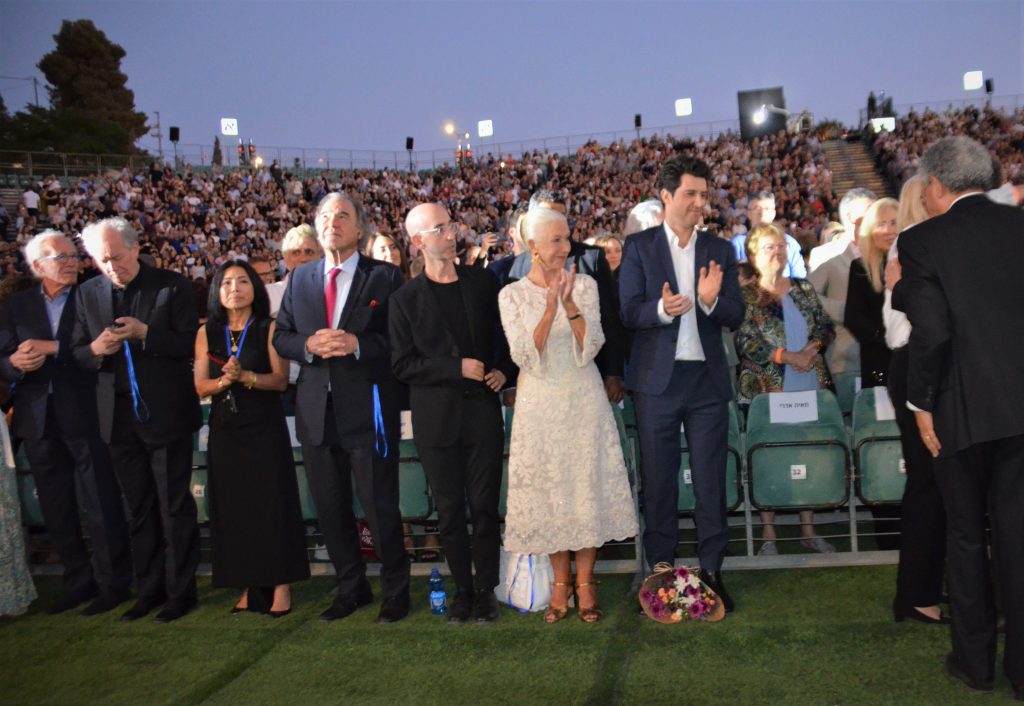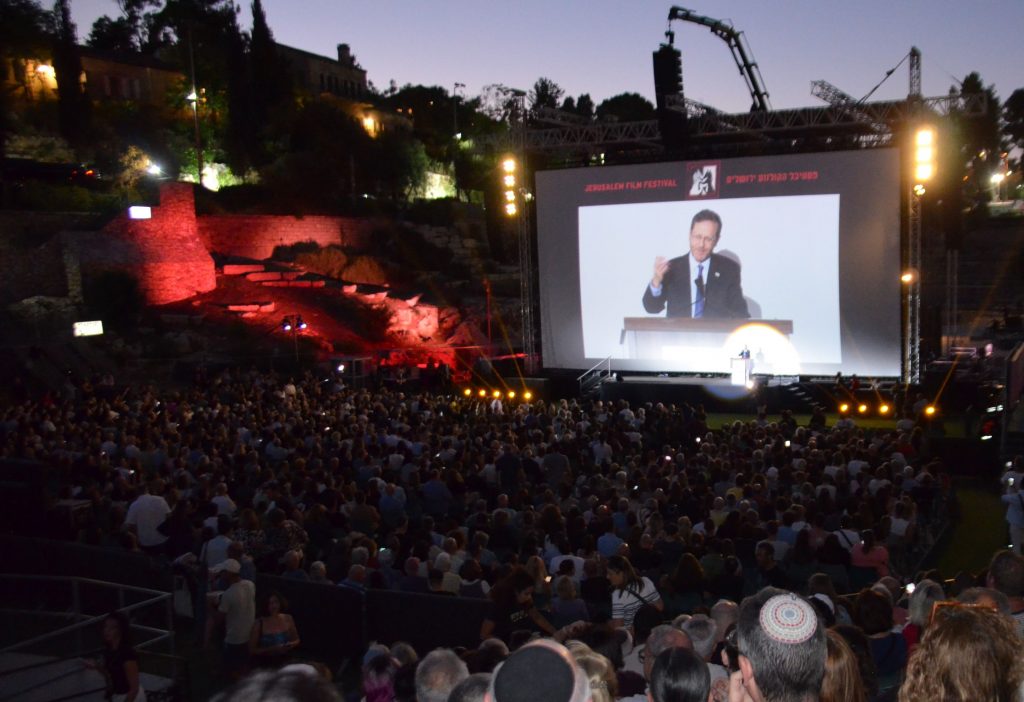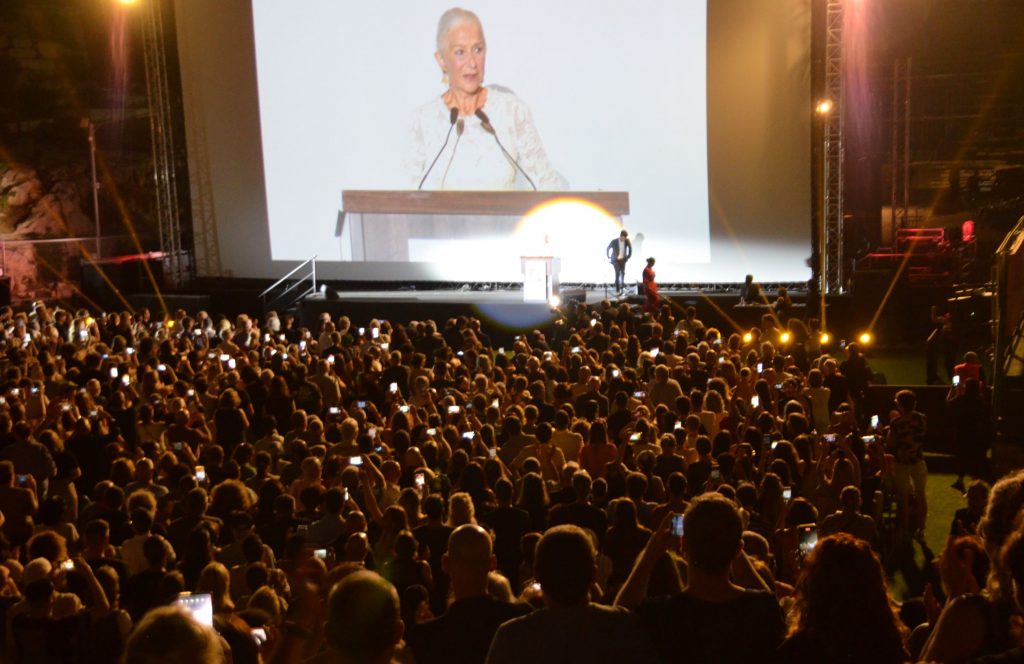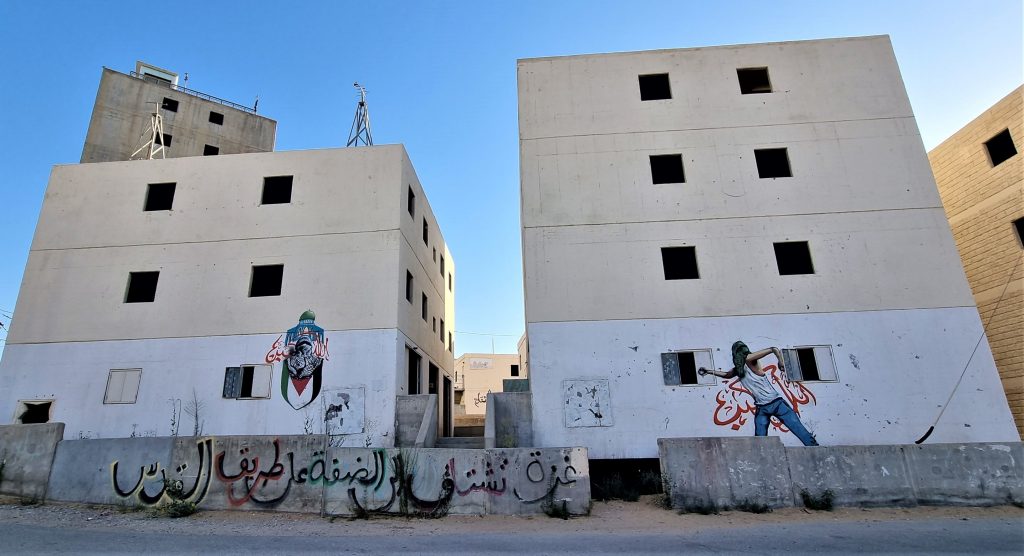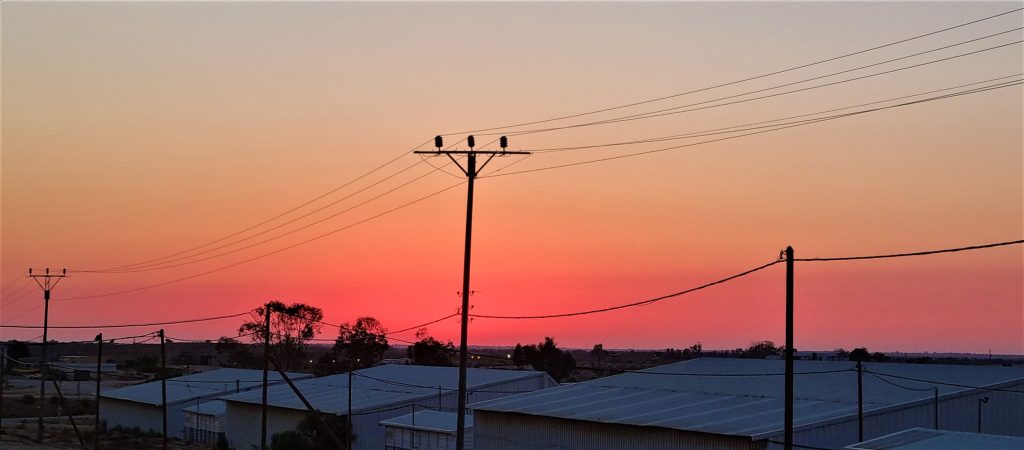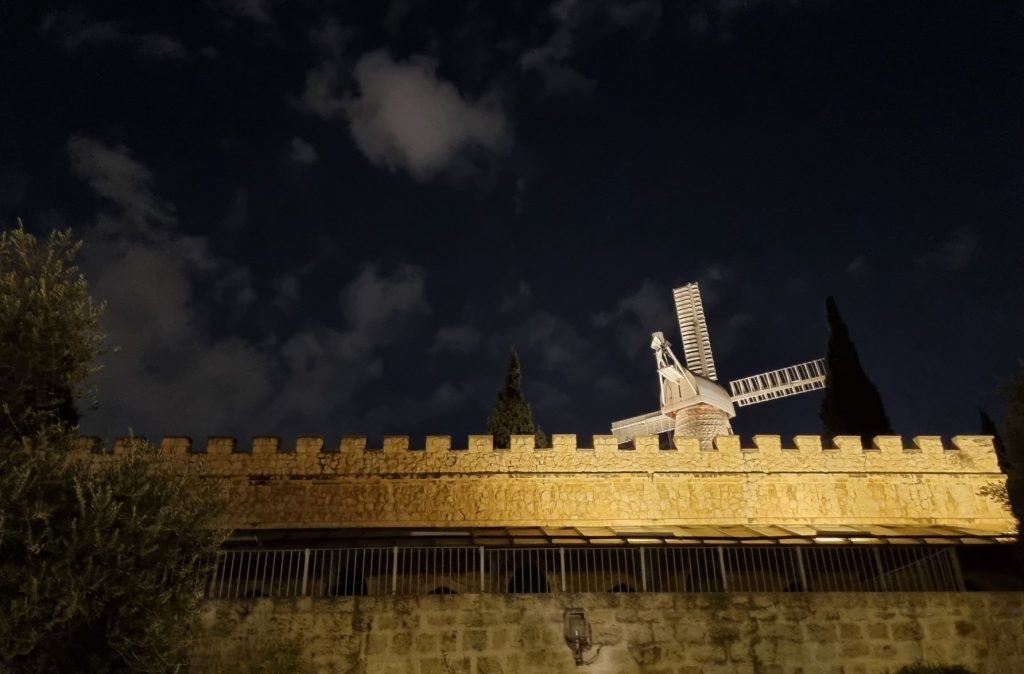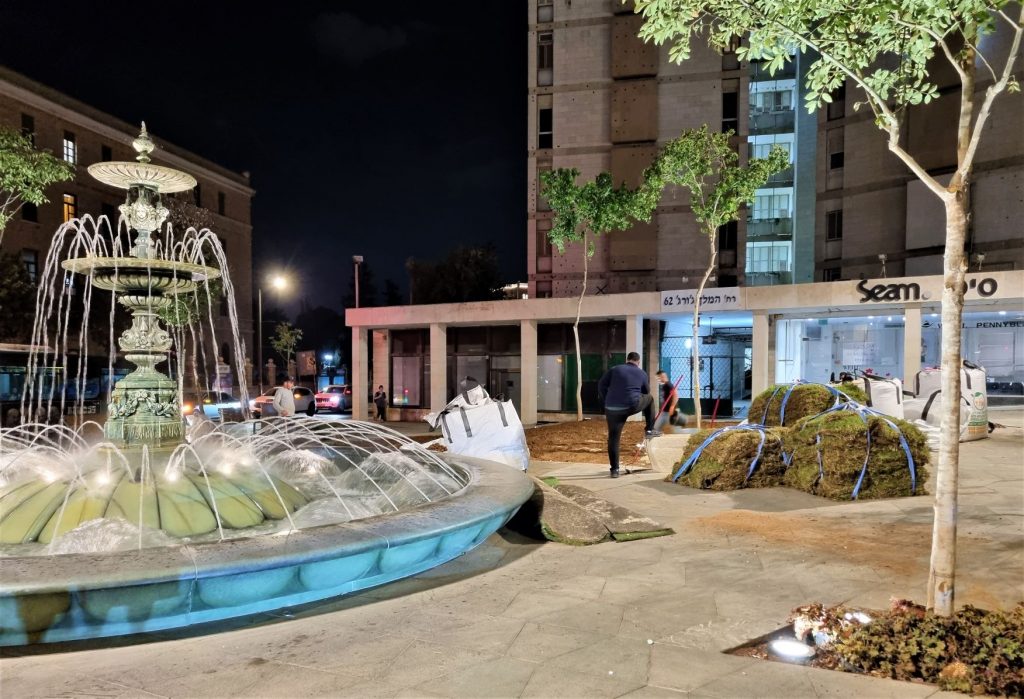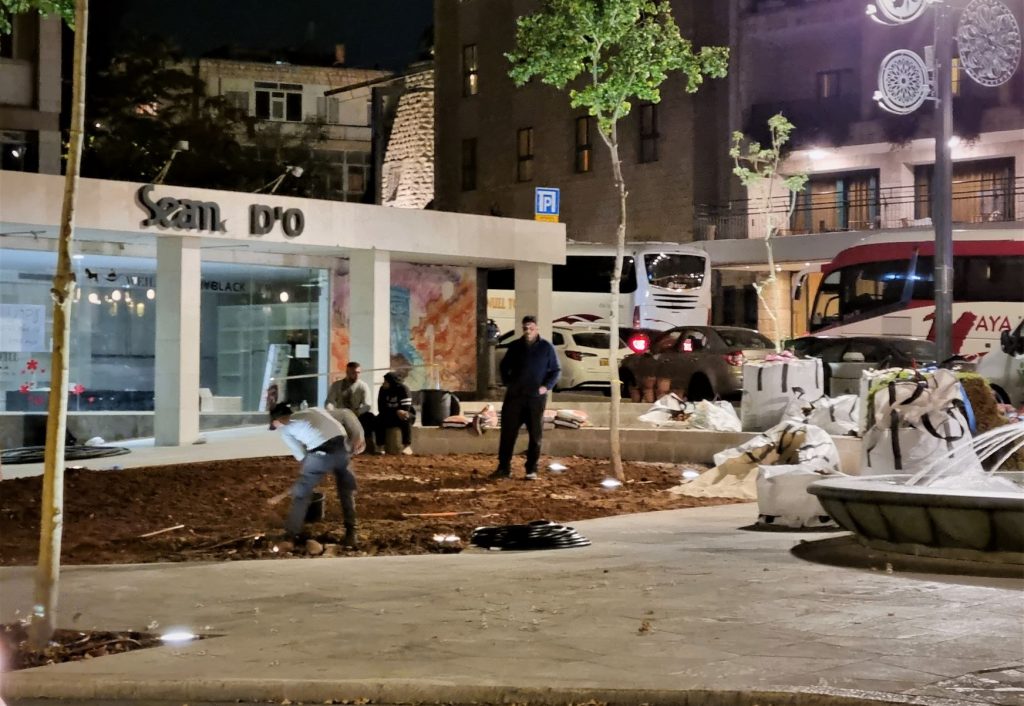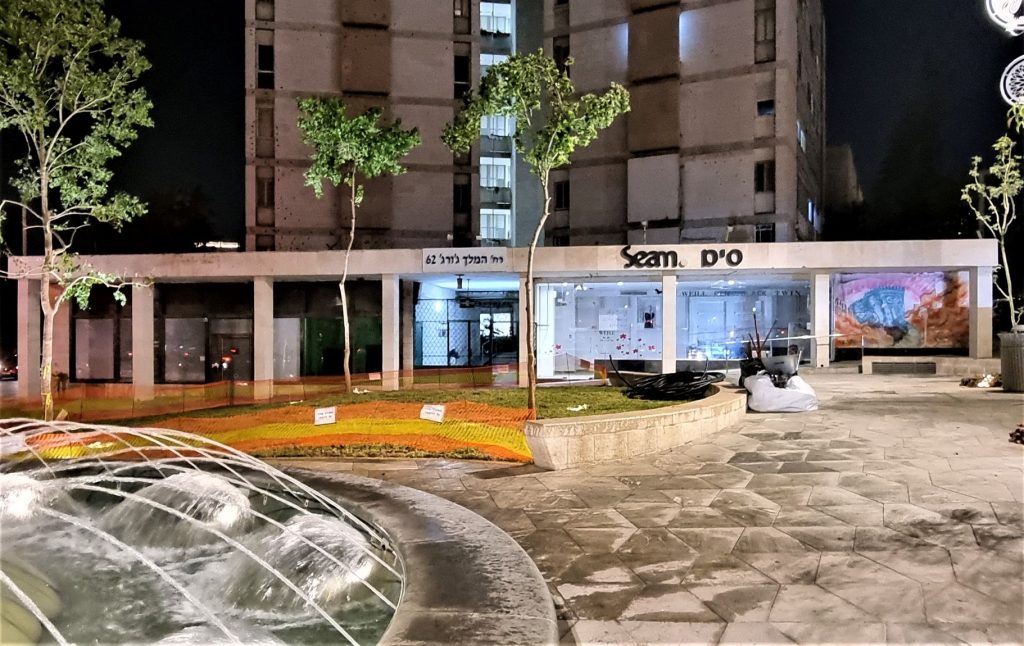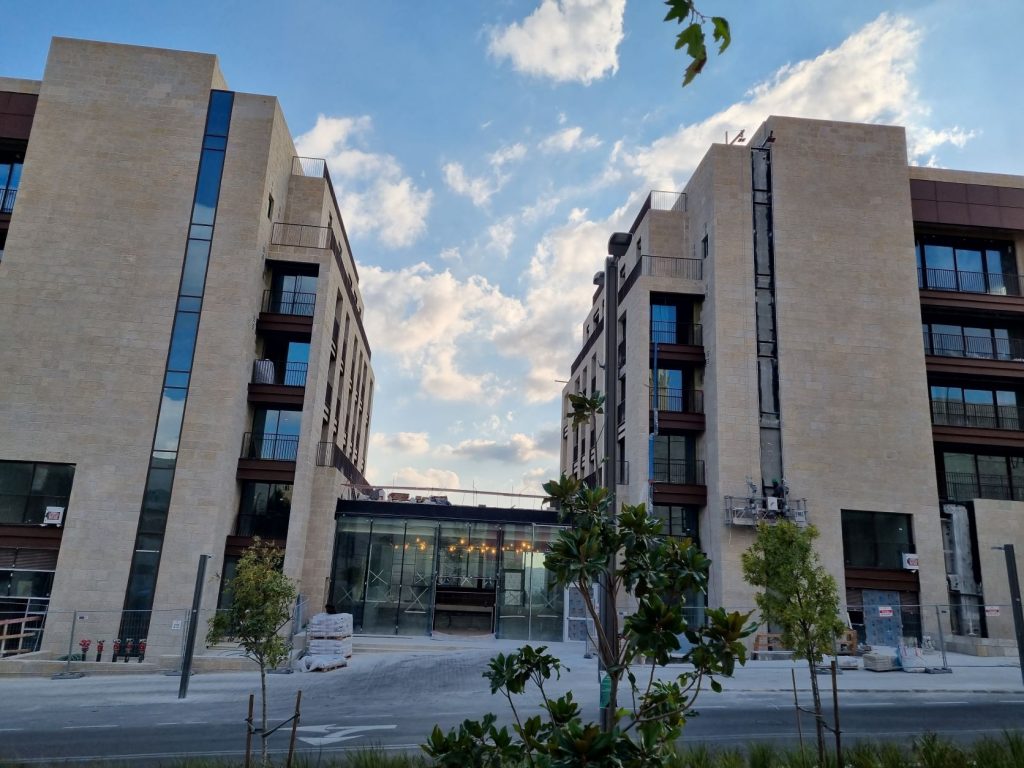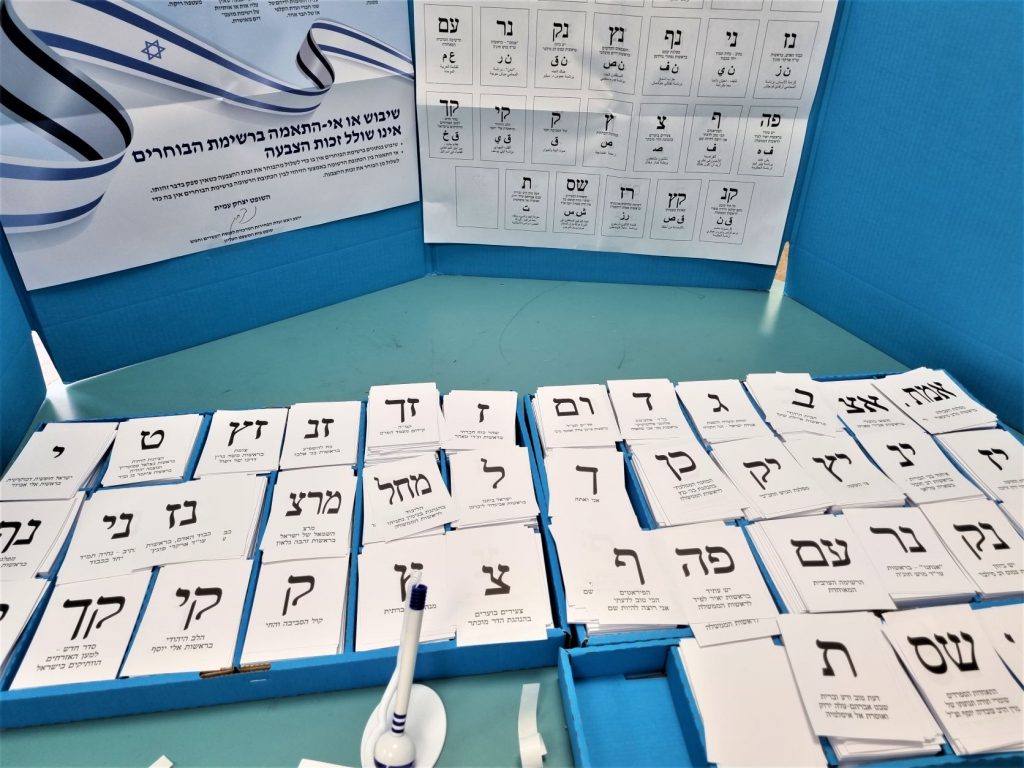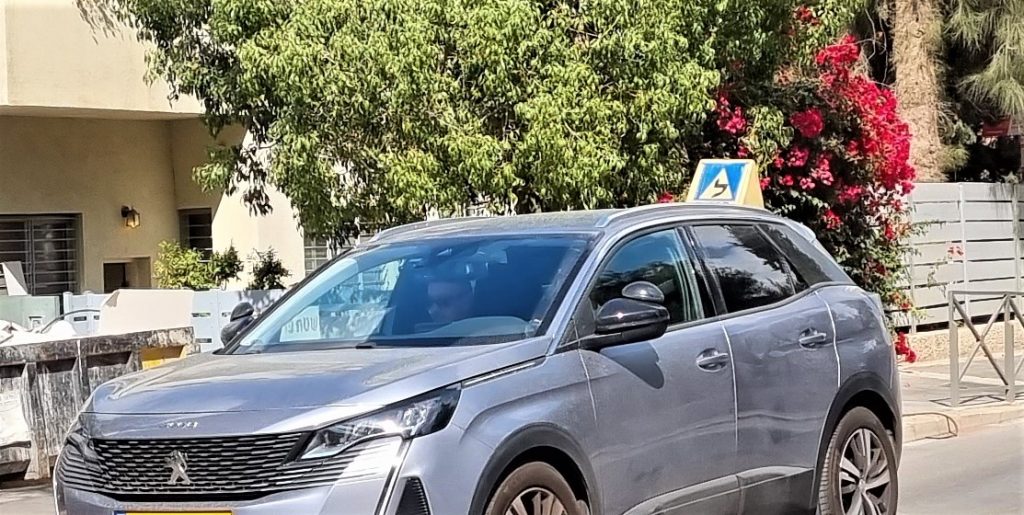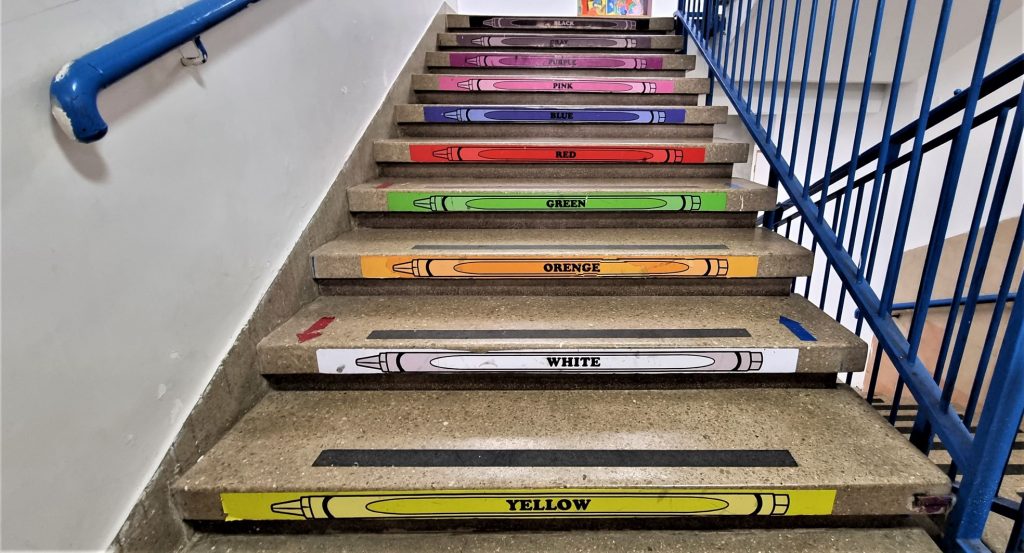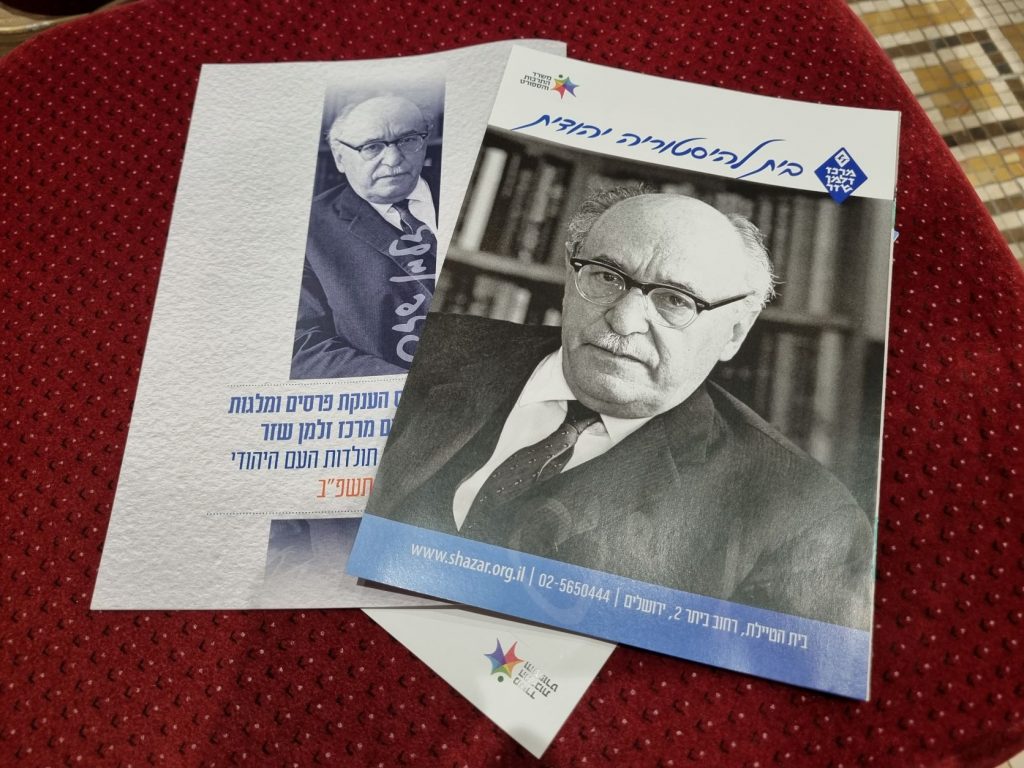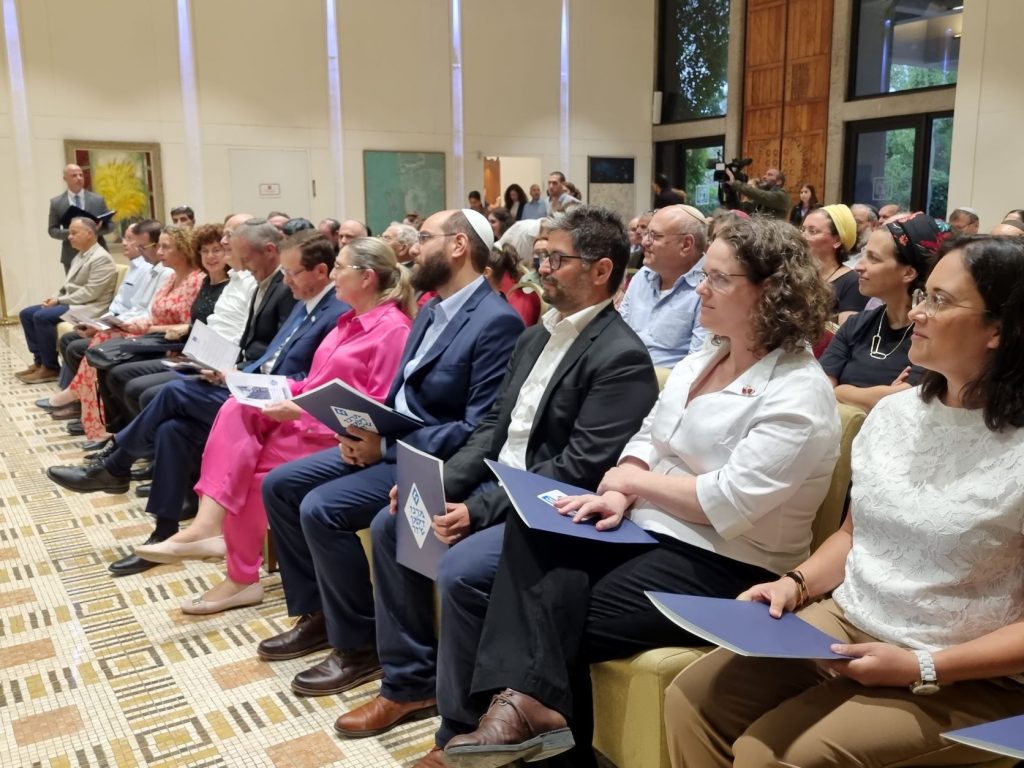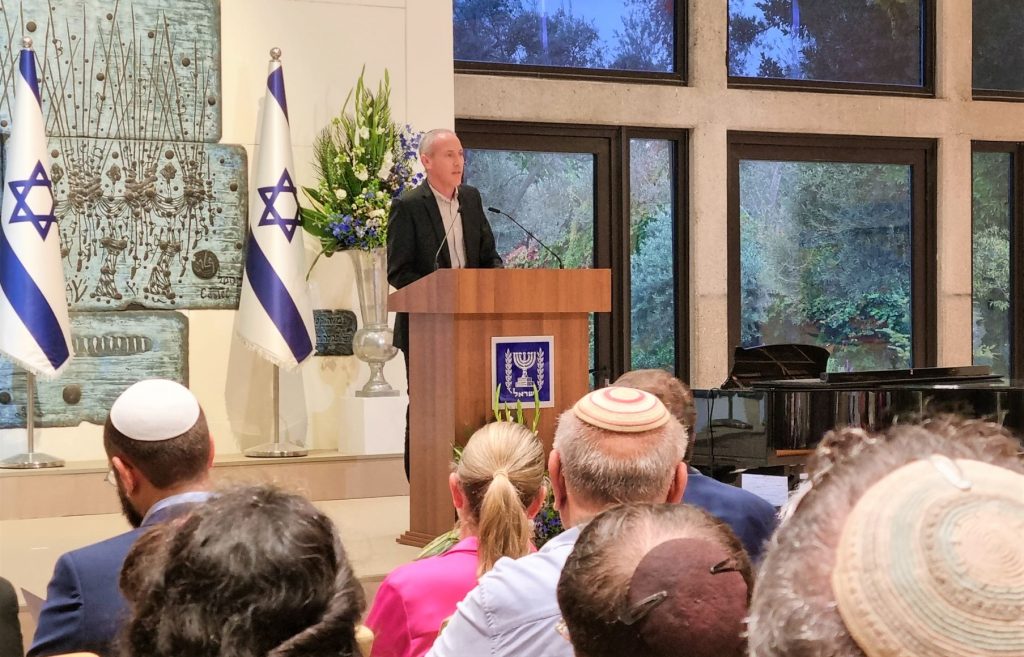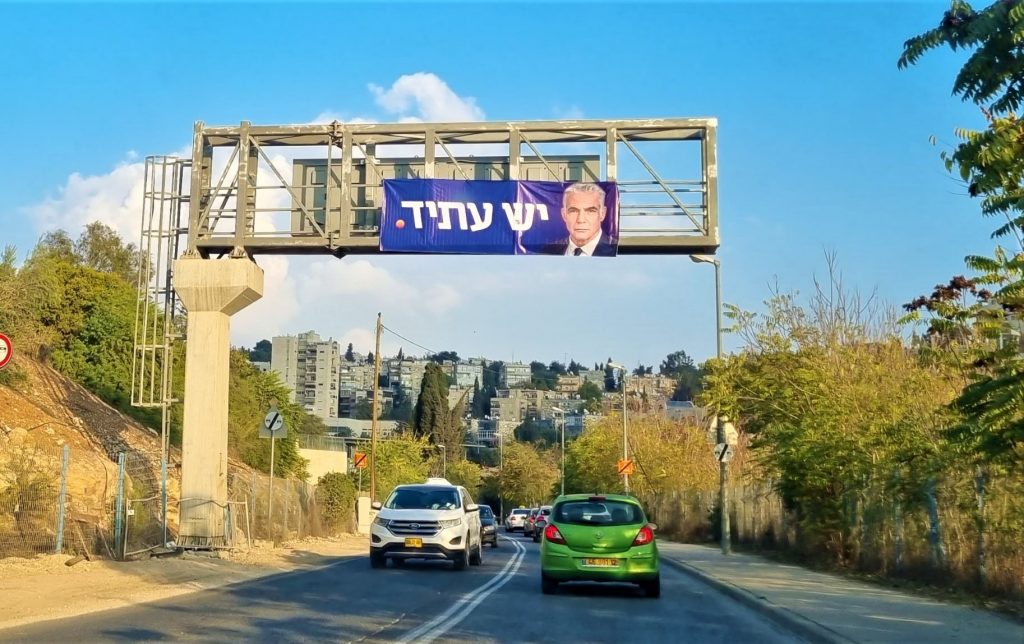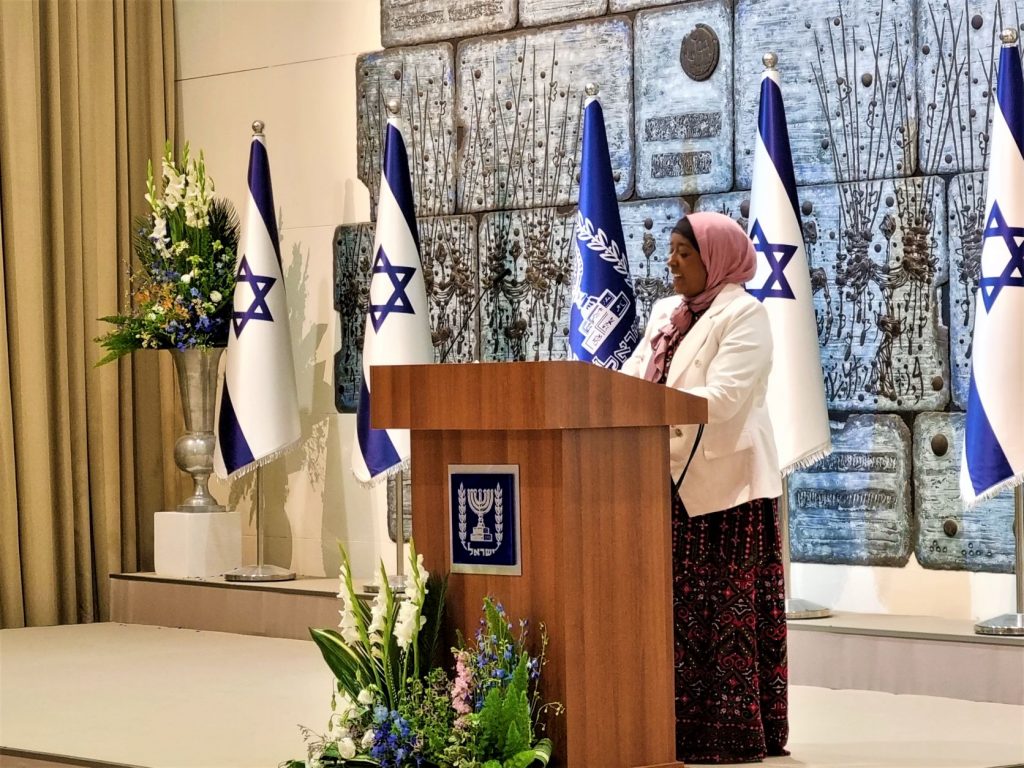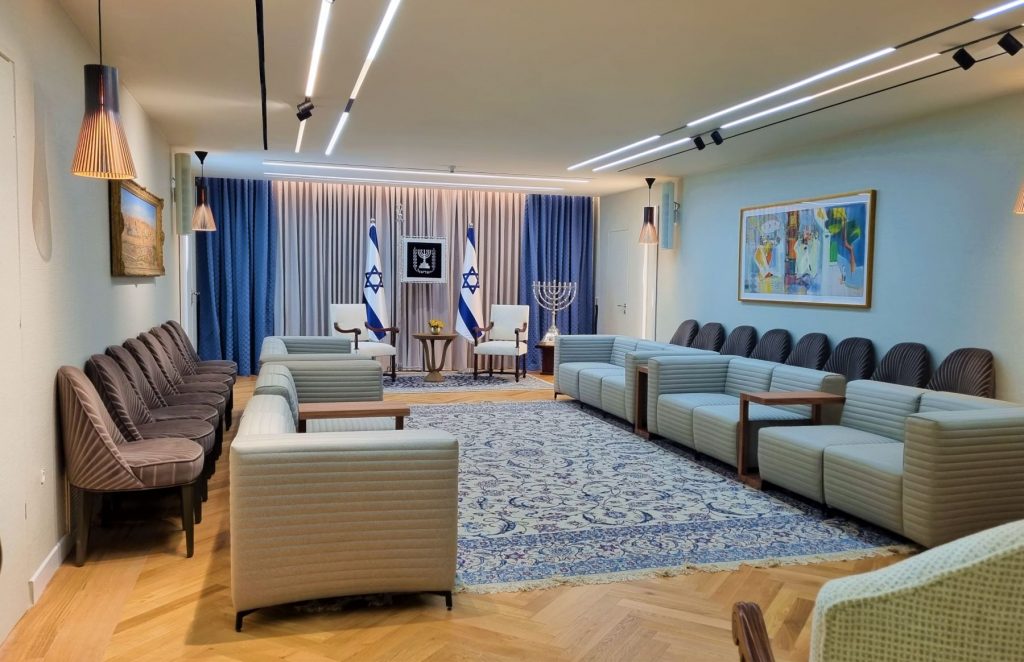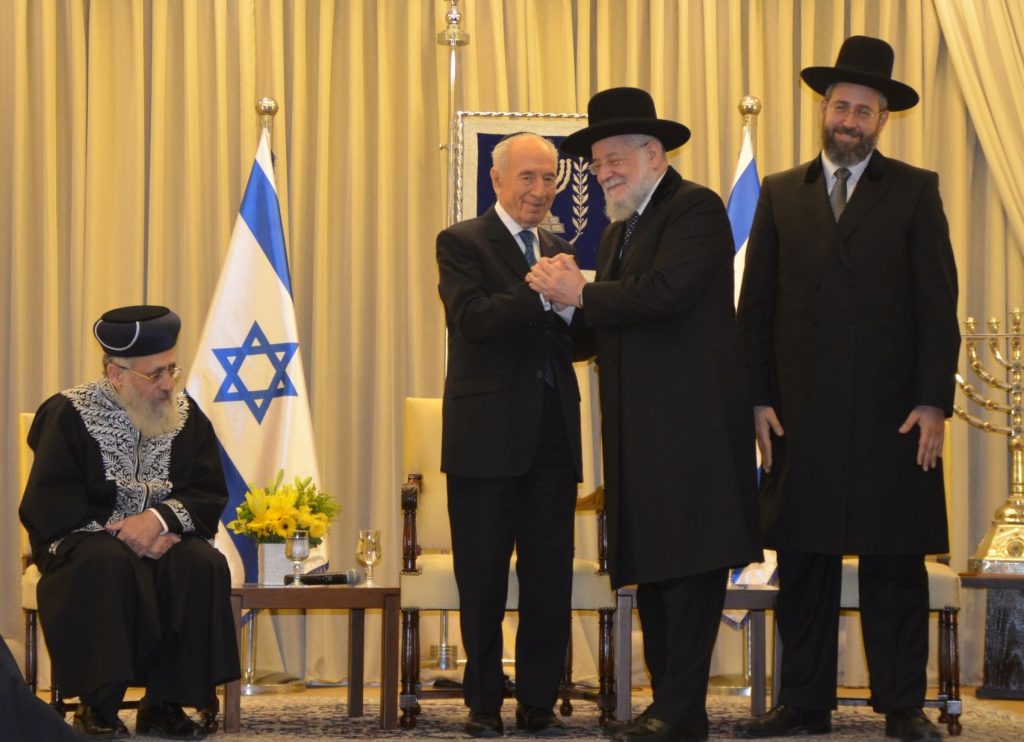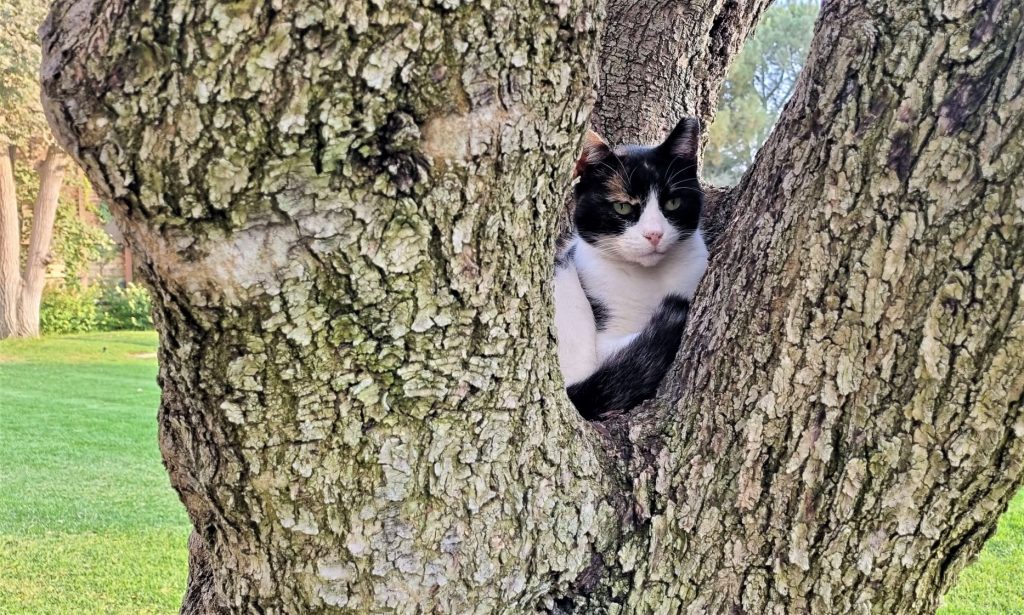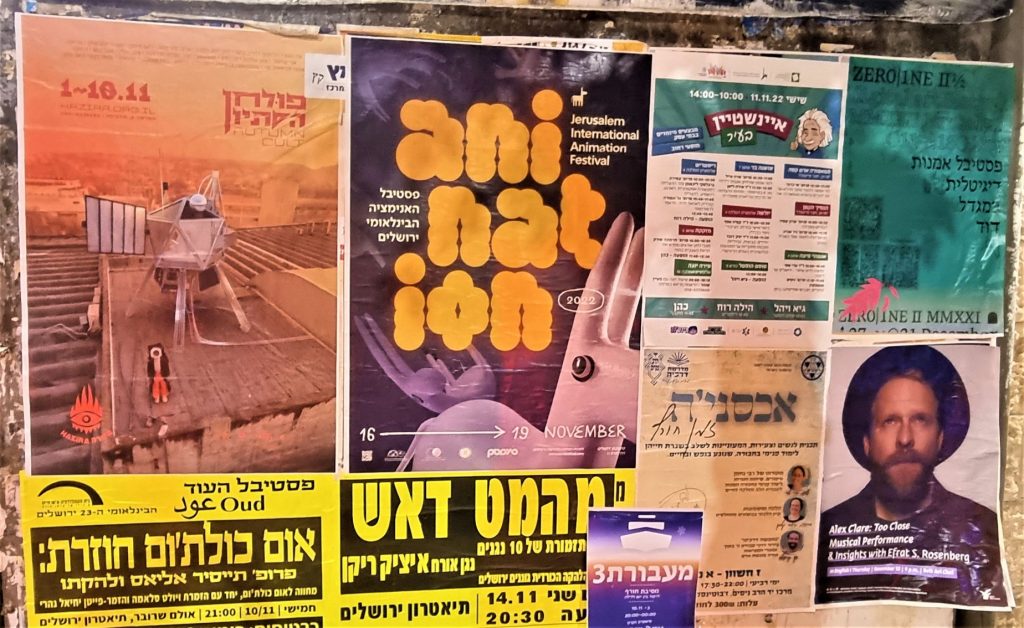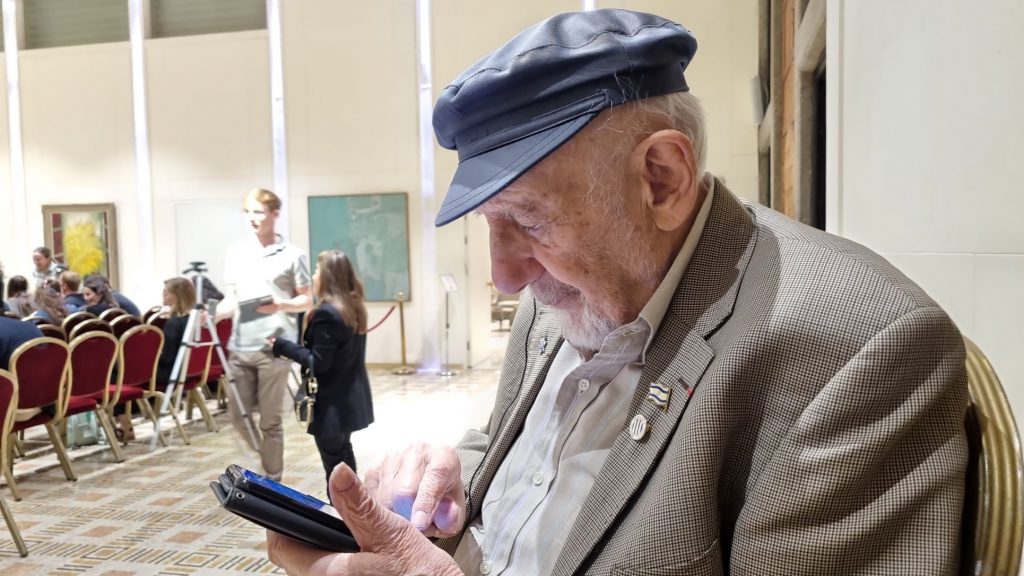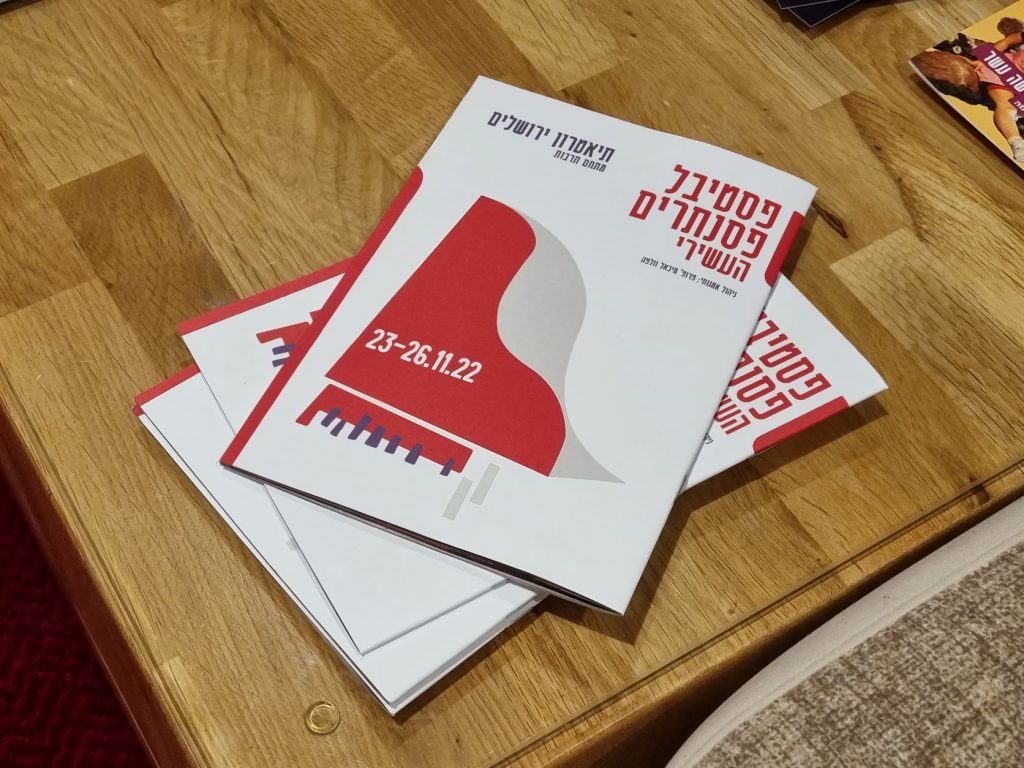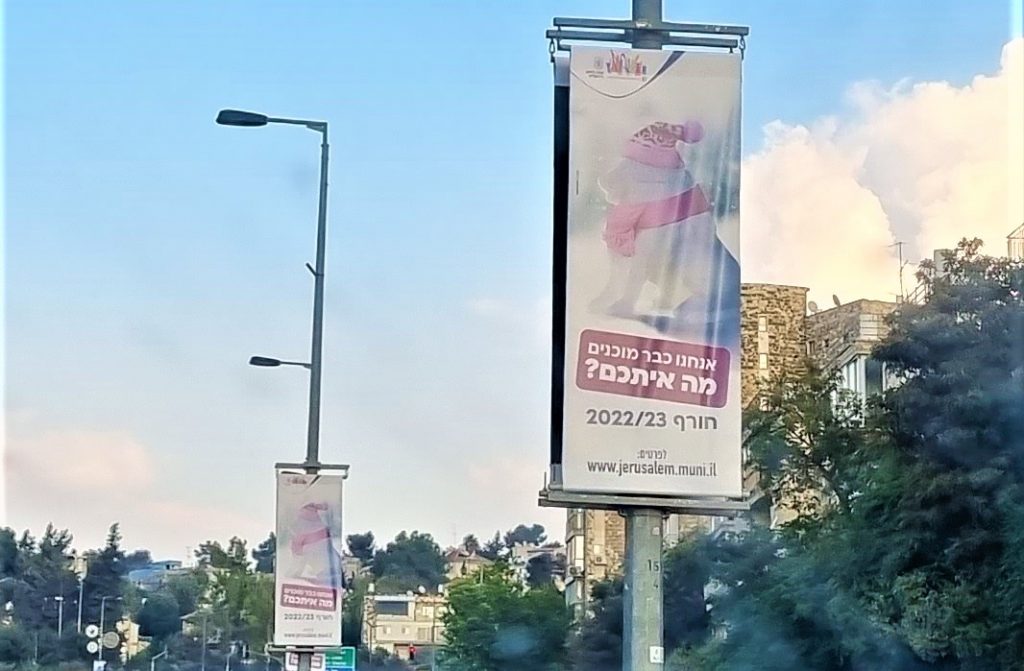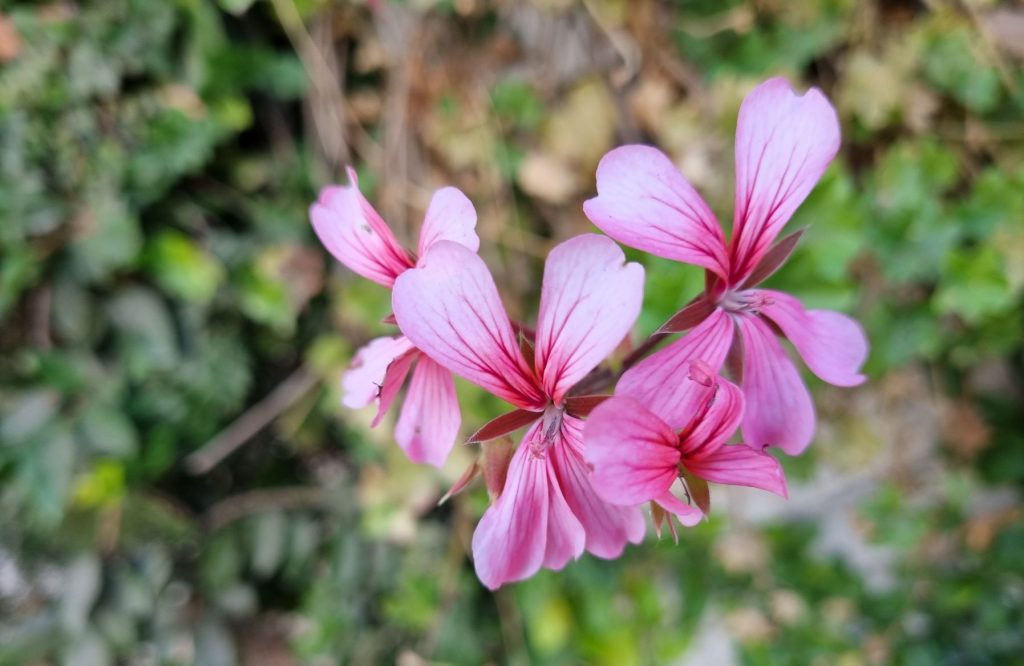It’s hot.
I know the Middle East is supposed to be hot in the summer.
It’s perfect weather for hanging the washing out to dry on the line, and my cactus plants are thriving. But with these very hot days during a heat wave in Jerusalem, Israel, my preferred routine of walking about during the day has come to a standstill.
I try to venture out at night after it cools off – a bit.
Therefore, a little detour, and instead I want to share two short trips out of Jerusalem.
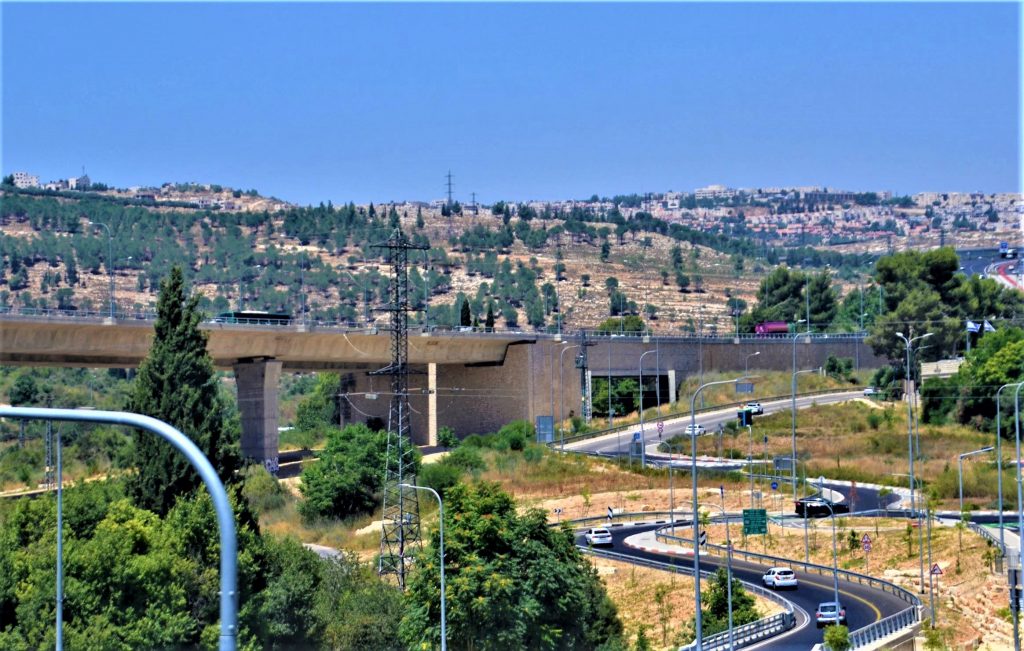
The changes to the entrance of Jerusalem are impressive. Especially to anyone who remembers those old red rusting vehicles that once lined the hills along Route One into Jerusalem.
On that old winding narrow road stuck behind a slow truck chugging its way up – now that was a lesson in patience.
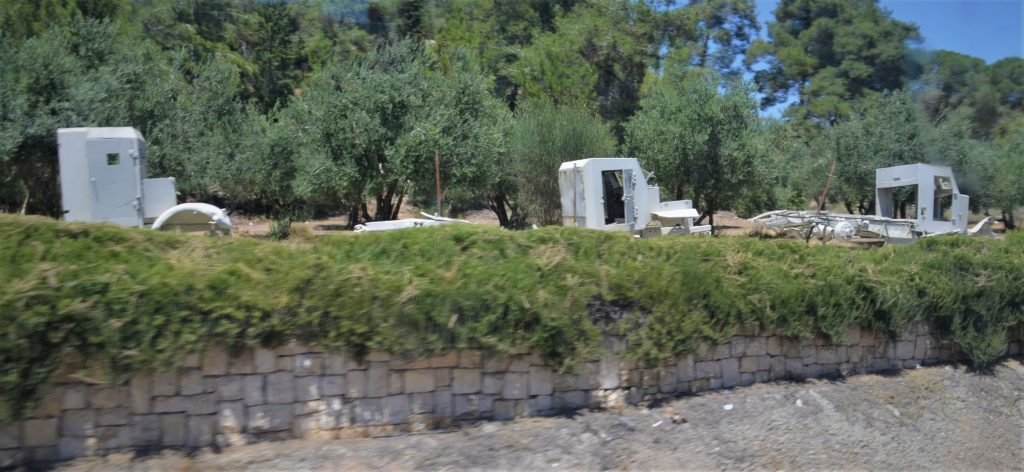
Even these old relics have been given a fresh coat of paint and moved to make way for more lanes of the new highways into and out of Jerusalem.
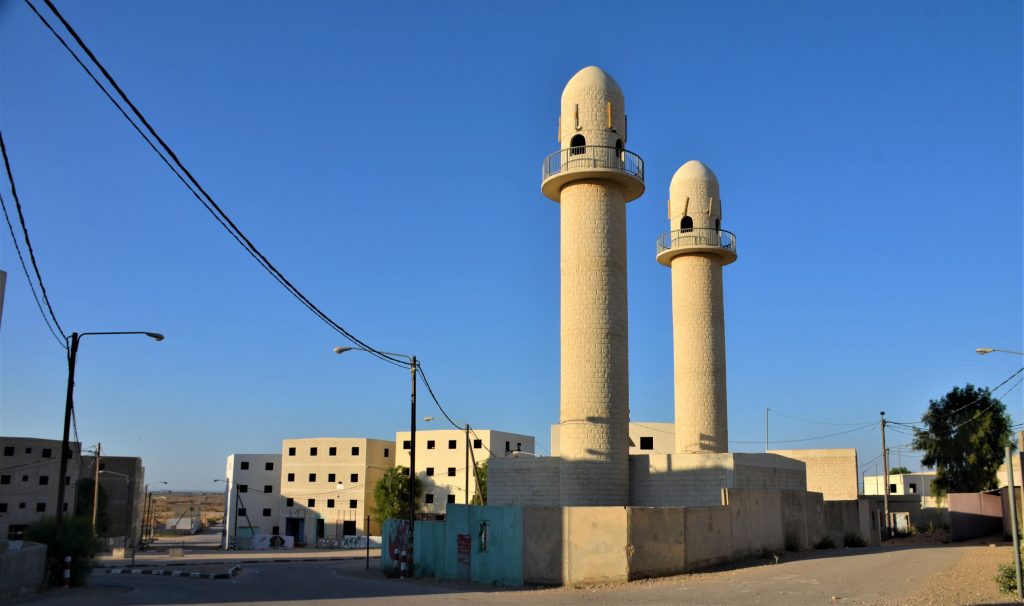
We were on a bus to a media tour of the Urban Warfare Training Center, located inside the Tze’elim Training Base in southern Israel. It is built to look like a typical Arab village with its minarets. The base has a new terror tunnel and more.
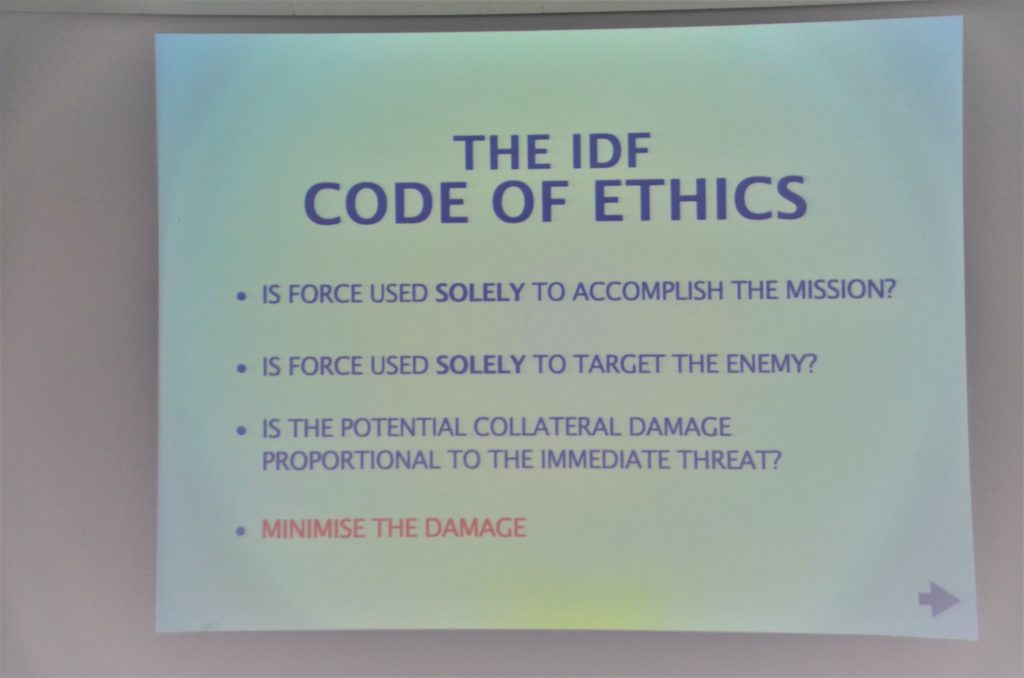
This is the IDF Code of Ethics we heard about.
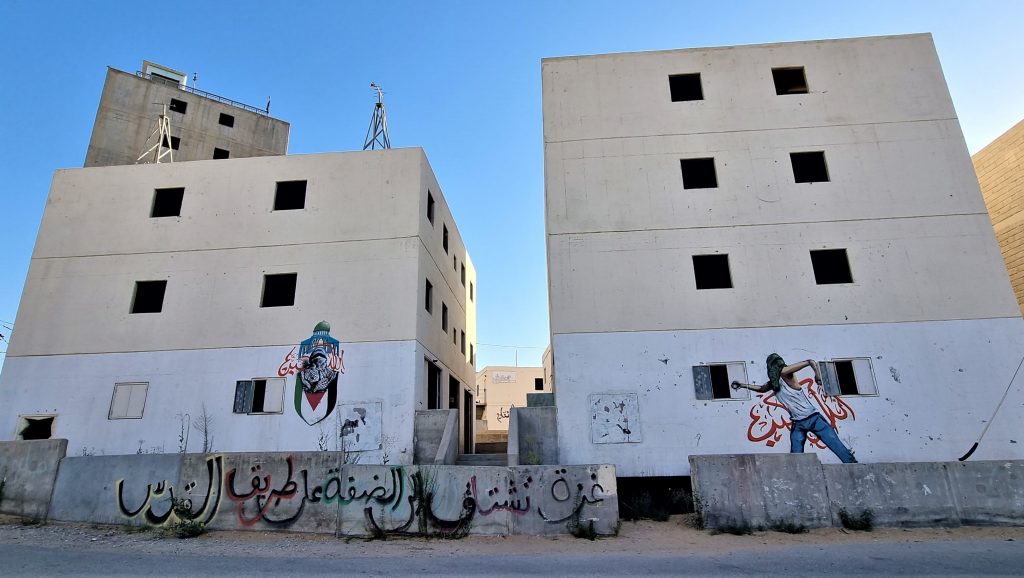
The training center was built to train in a Middle Eastern “village” for the challenges of urban warfare, against an enemy hiding within civilian populations.
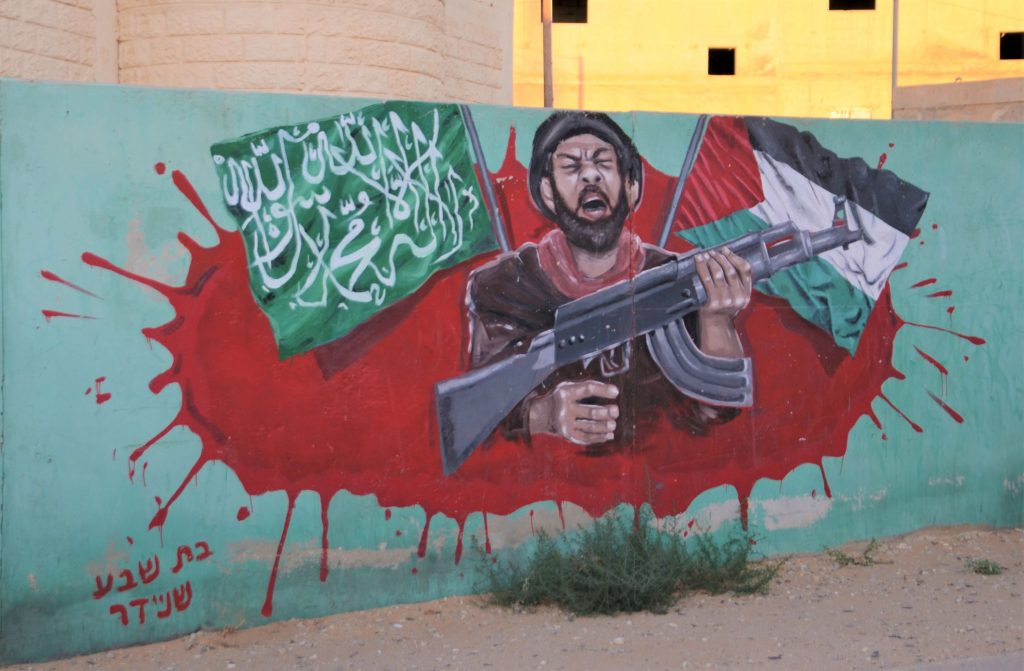
This was drawn by Bat Sheva, an IDF soldier whose job was to draw graffiti.
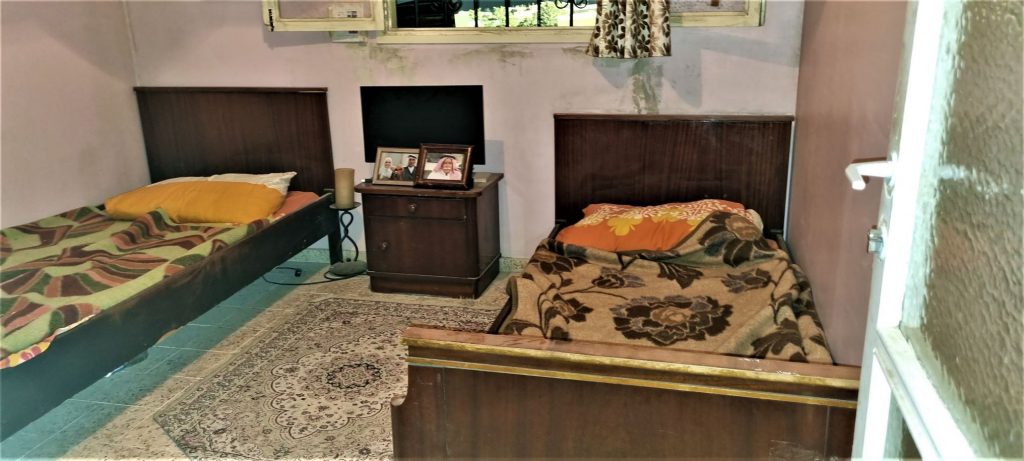
In one building there is a replica of a family home, down to photos,
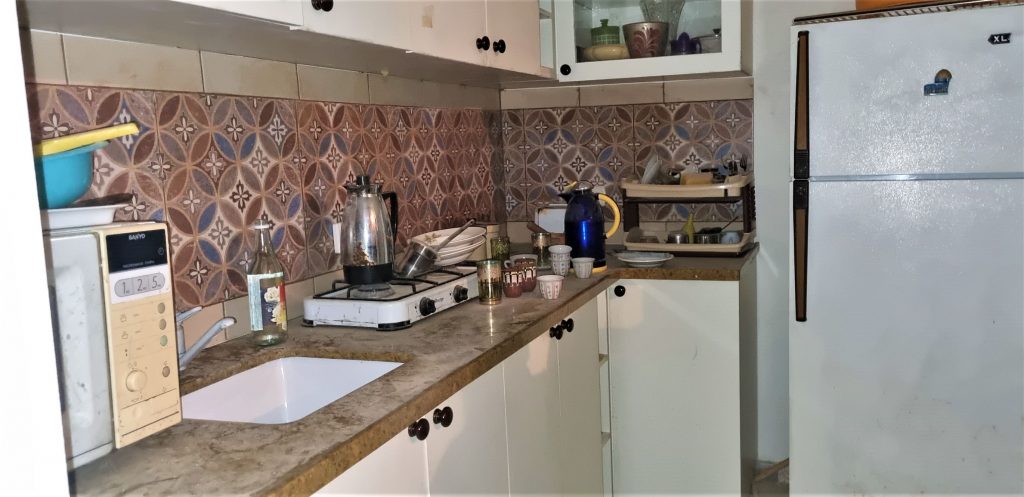
kitchen clutter, Arabic newspapers on the table,
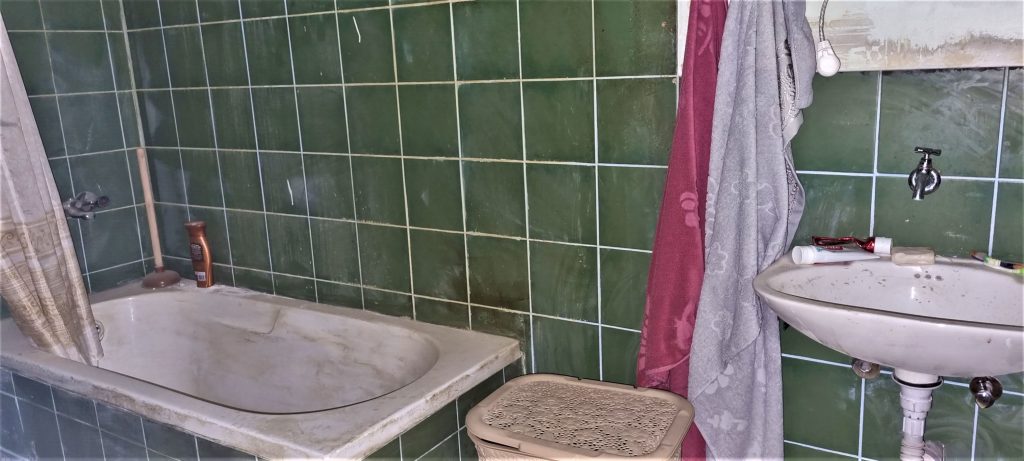
and toothpaste on the bathroom sink.
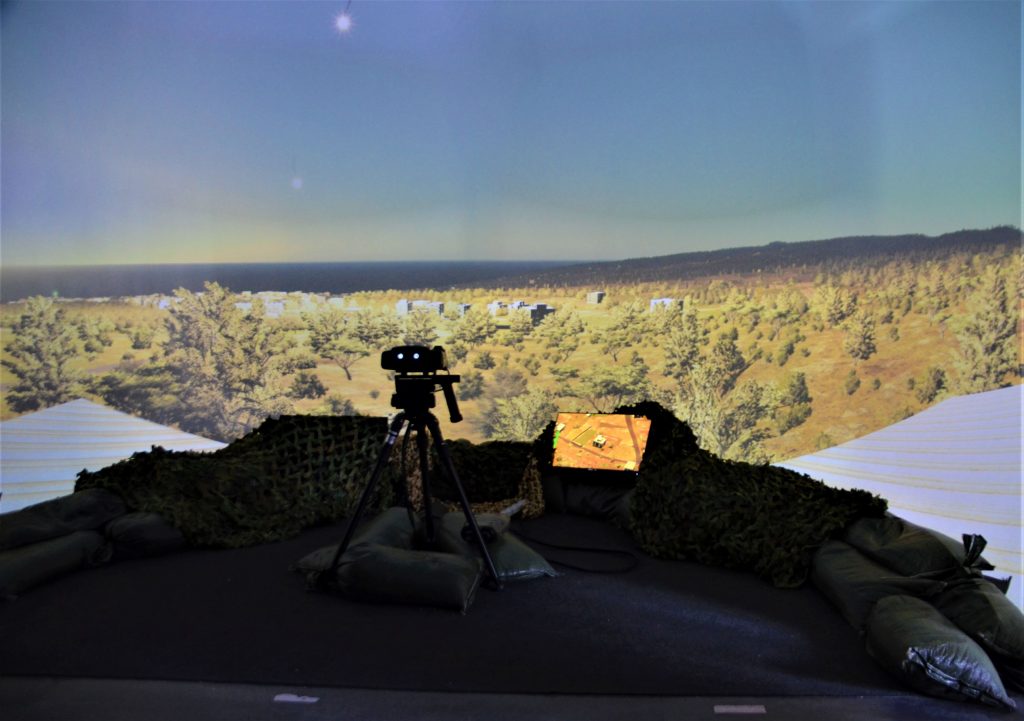
Simulators are used to practice scenarios the soldier might encounter.
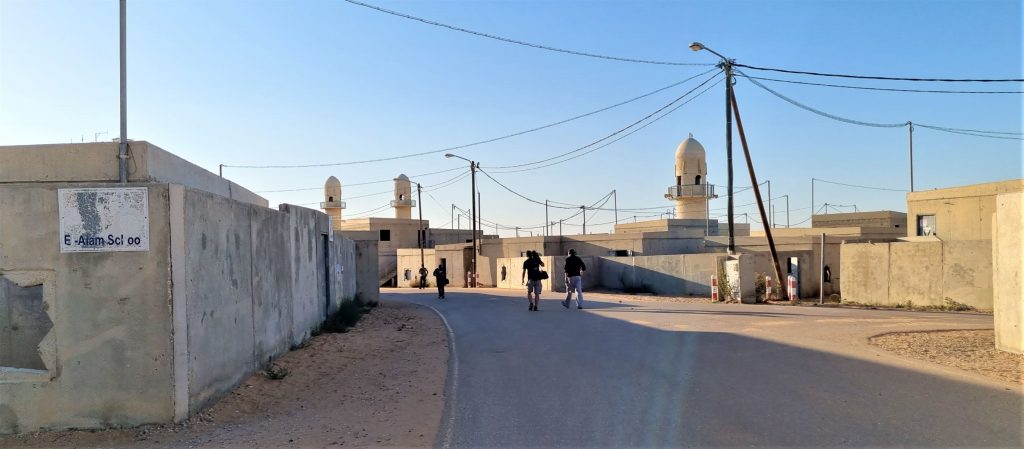
It is used to train not only the IDF but also the US and UN forces have also practiced and trained on the sand and streets here.
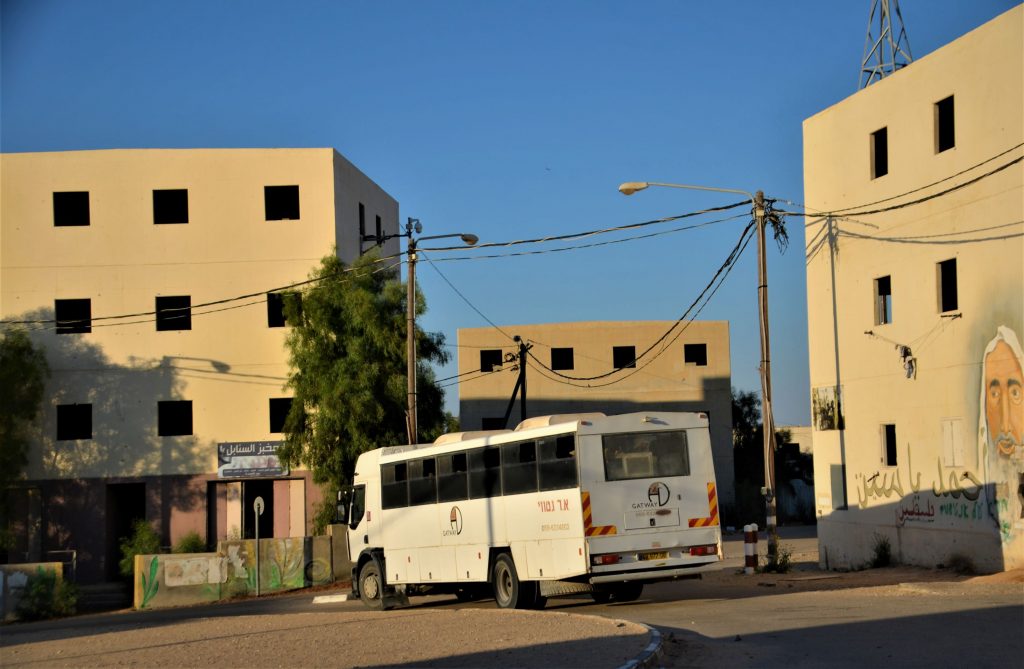
As we were preparing to leave an old white bus pulled into the main square, which was also used as a set for the popular TV series “Fauda.”
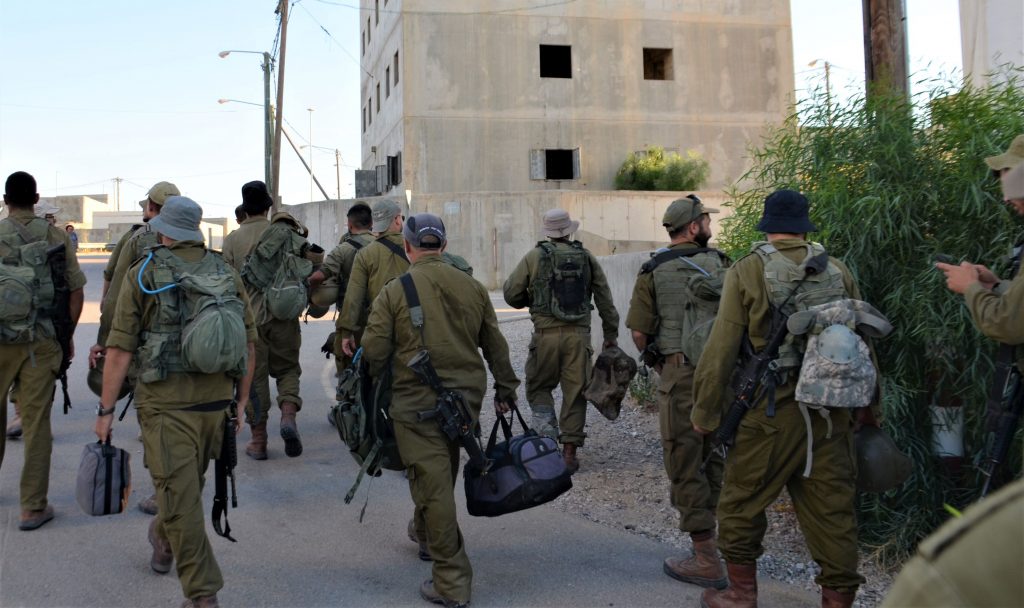
However, this was not preparation for a TV production, but a group of reserve soldiers arriving to train on a hot day as the sun was setting.
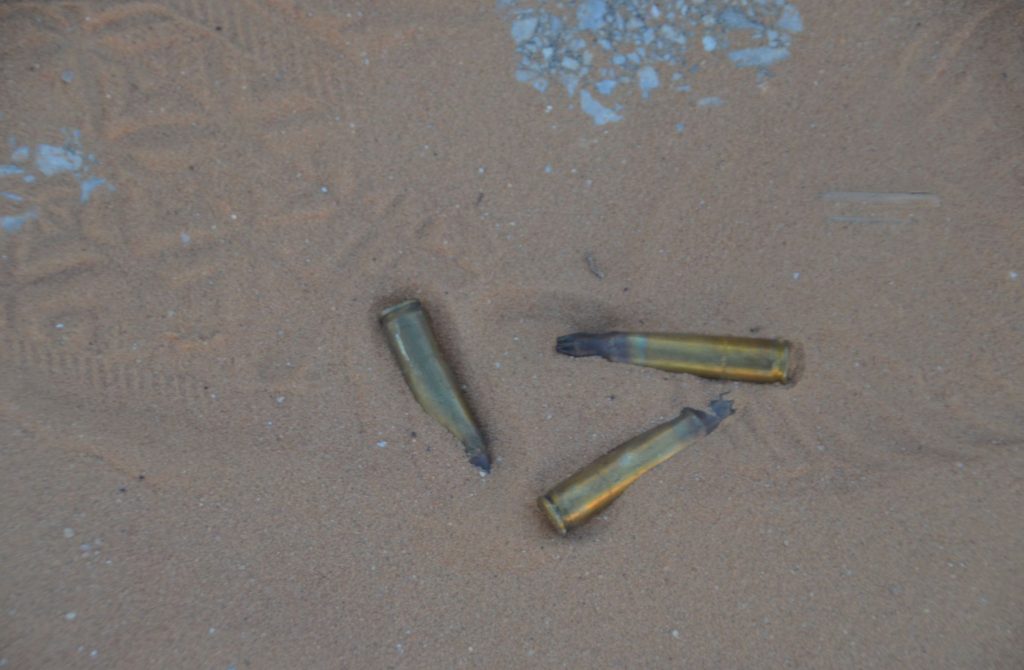
We were not allowed to record and share the names or faces of the soldiers.
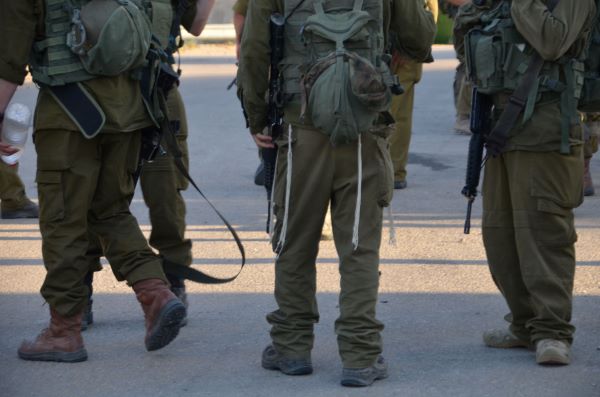
However the reservists who reported for duty were from all of Am Yisrael and requested anonymity as they reported again to serve as in the past.
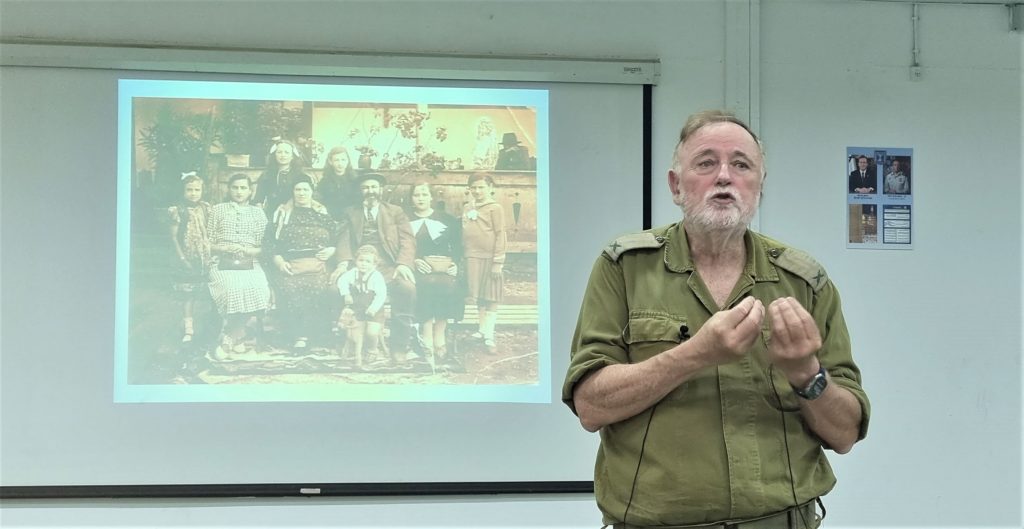
The one soldier we were allowed to photograph was Brig. Gen. (res.) Bentzi Gruber. He gave the Code of Ethics presentation which concluded with a family photograph taken in Europe. Soon after it was taken, most of the family was murdered in the Holocaust, only his mother and her sister survived as “Mengele Twins.” For him, to serve in the IDF and fight in five wars was a privilege.
More RJS photos were posted on Facebook of that trip south.
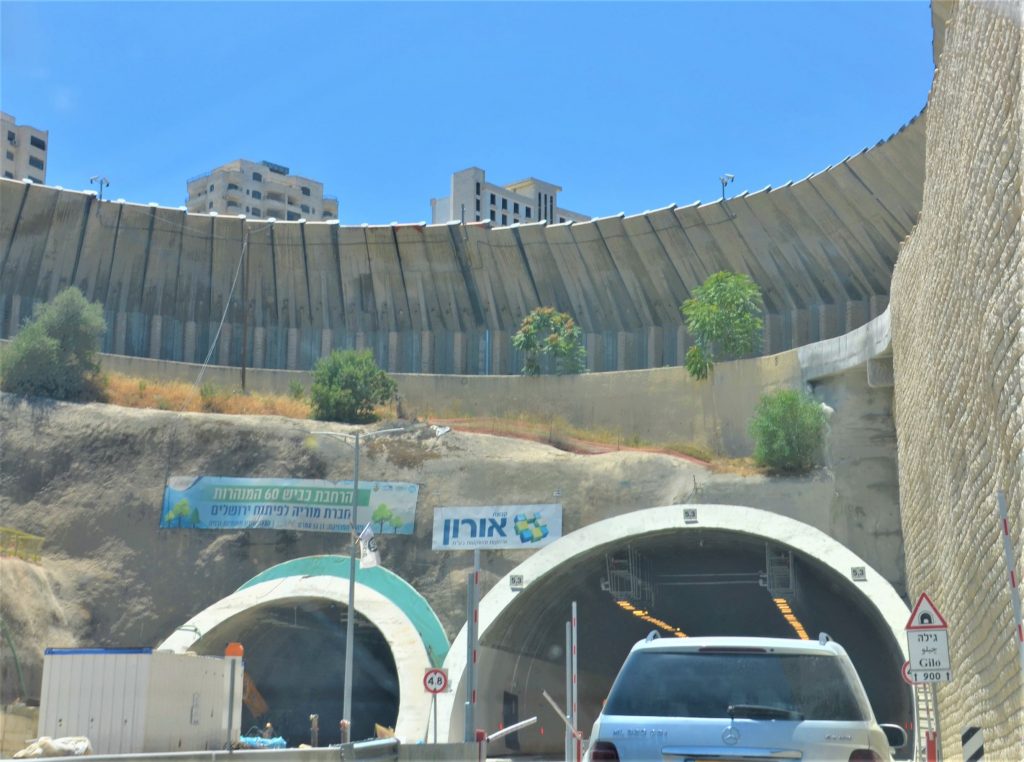
On another day, the trip was through the new tunnel from Jerusalem to Gush Etzion and Alon Shvut to the Yeshivat Har Etzion campus and Herzog College.
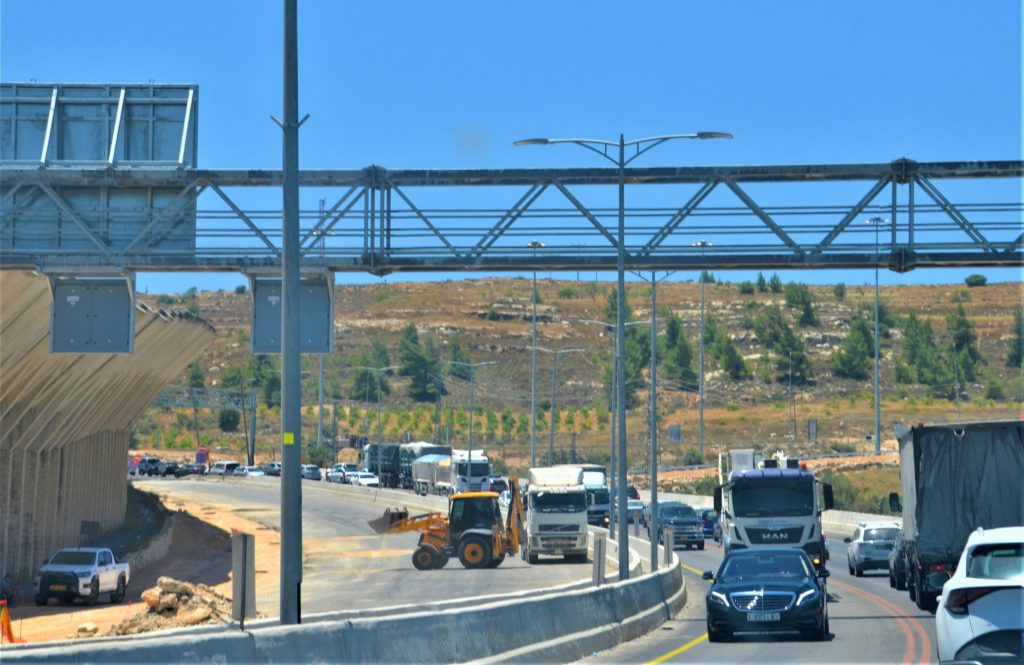
Road work is far from completed and traffic still backs up. But anyone who remembers the old route through the refugee camp in Bet Lechem can only marvel at what has developed where there were only rocks and wild brush.
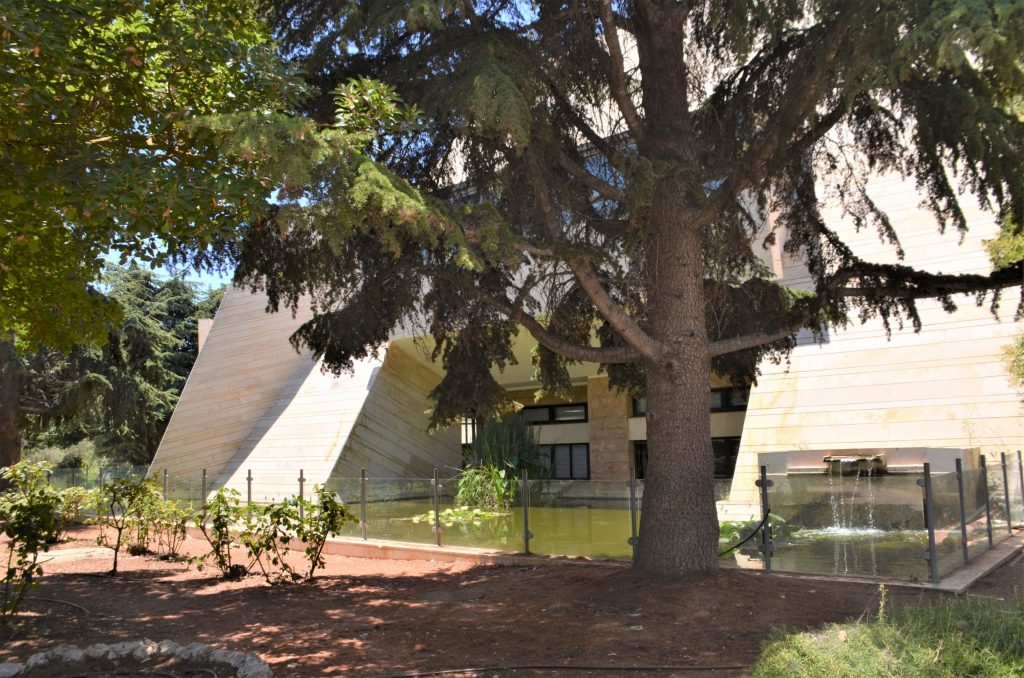
The entrance to the Yeshiva building is well-landscaped and the pond is enclosed now.
The Yemei Iyun, Bible study program, is in its 32nd year and for the past fifteen years has included classes given in English as well.
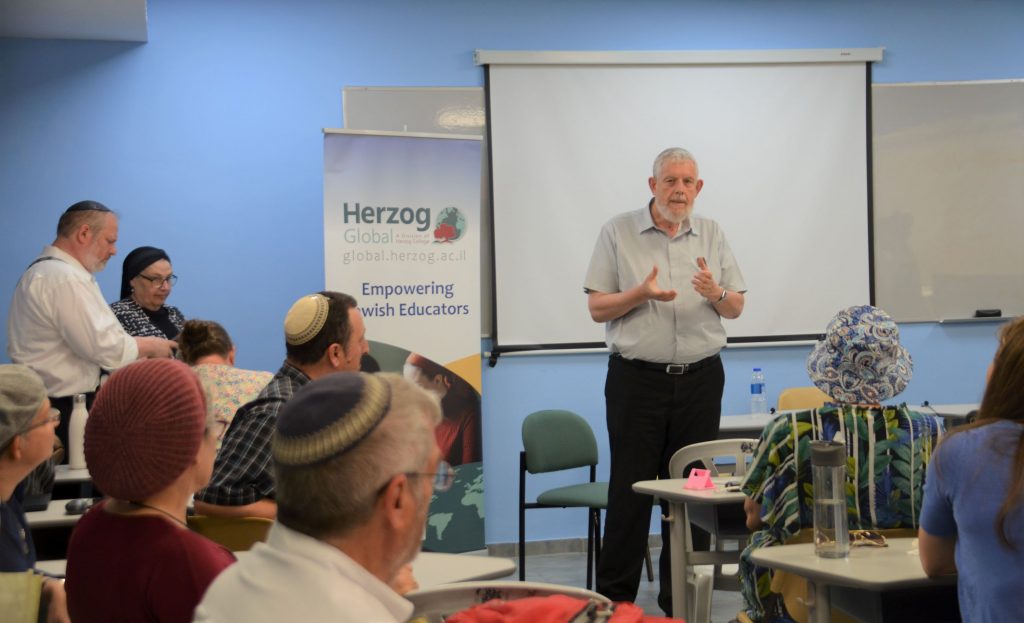
Rabbi Dr. Yehuda Brandes is the President of Herzog College, a leading teachers’ education school.
Around 4000 people attended in person this year, and deciding which sessions to attend is an annual challenge.
“How can we make Bible study exciting for kids in Jewish schools, and show them that it is still relevant to their daily lives?” was the topic covered at the Jewish Educators’ Day for English-speaking teachers.
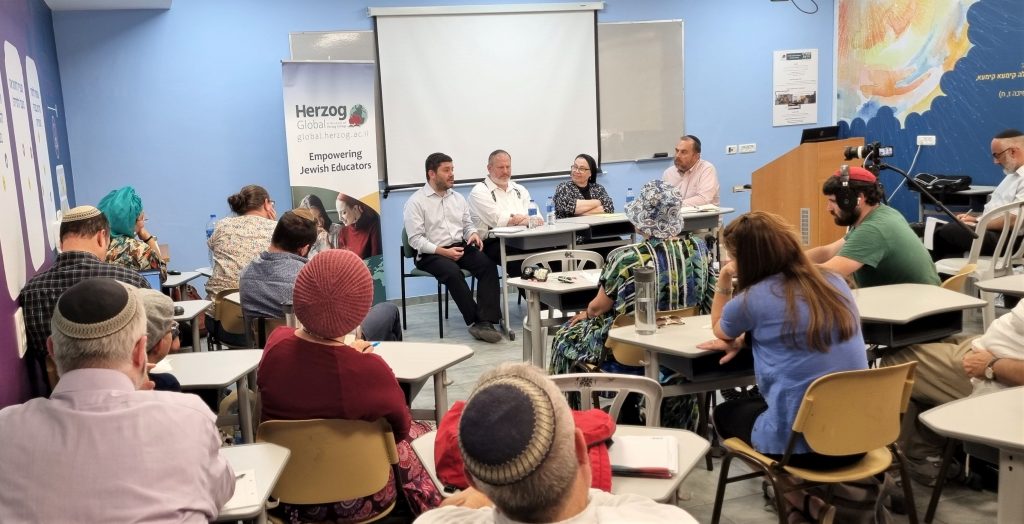
“Head vs. Heart: Understanding the Needs of Our Students” by Mrs. Simi Peters, Rav Shmuel Feld, and Rav Yehuda Chanales, was moderated by Rav Reuven Spolter.
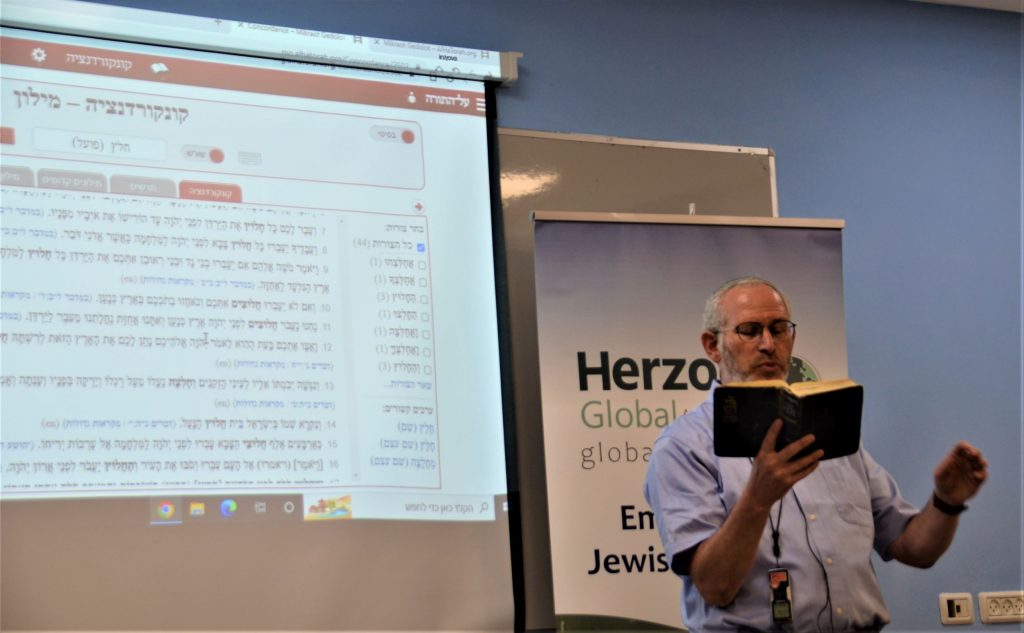
“Empowering Students as Tanakh Learners” using online research tools was presented by Rabbi Dr. Zvi Grumet from the Lookstein Center at Bar-Ilan University. No more schlepping heavy resource books?
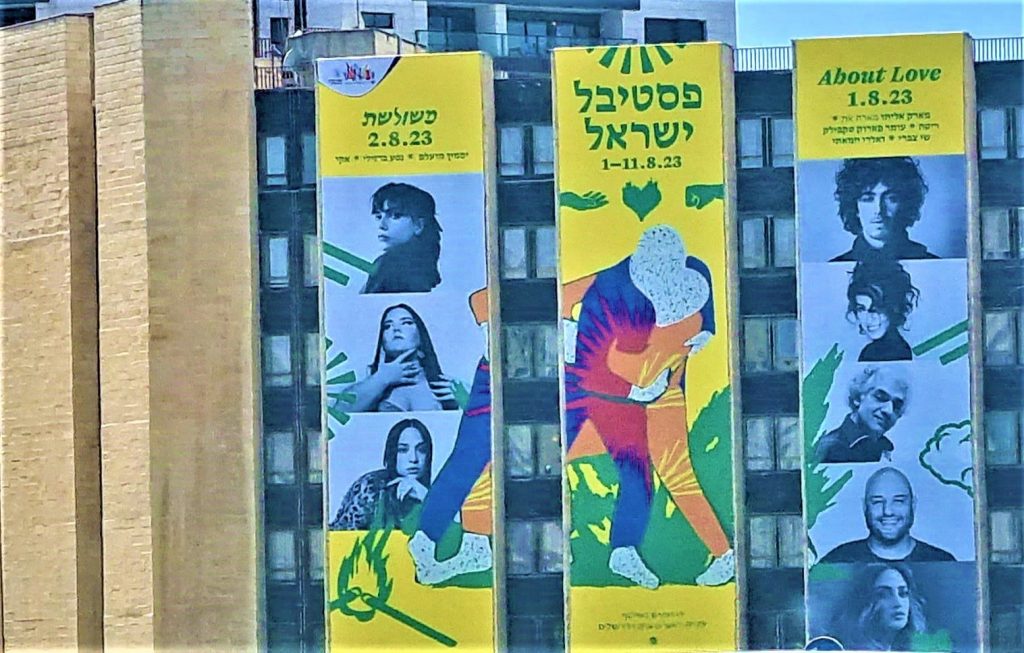
Hot or not, back on the Jerusalem streets, the Jerusalem Israel Festival begins in August, with advertising posters covering more than 6 floors of a building at the entrance of the city.
In the Jerusalem Botanical Gardens, 25 large inflatable Monsters will provide an attraction for families with children on summer holidays.
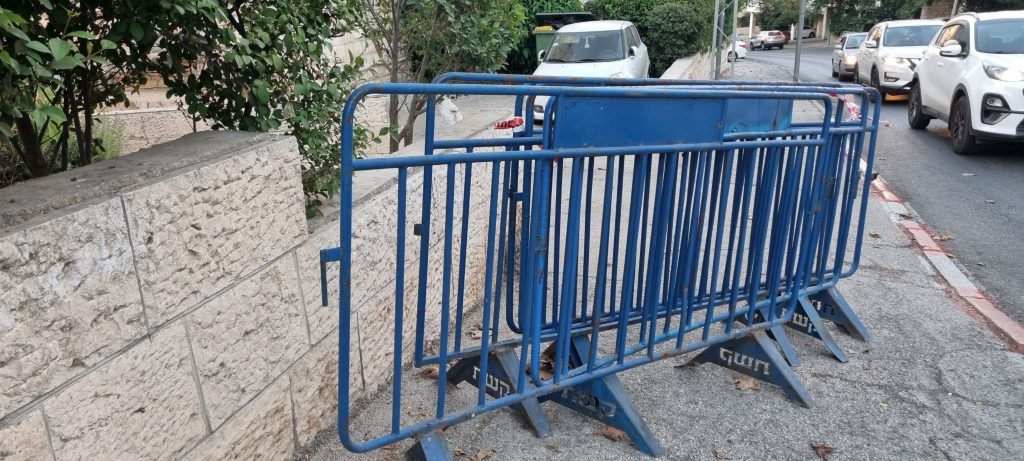
The barriers are still around on various Jerusalem street corners, but it is good to know that there is more than protests happening.
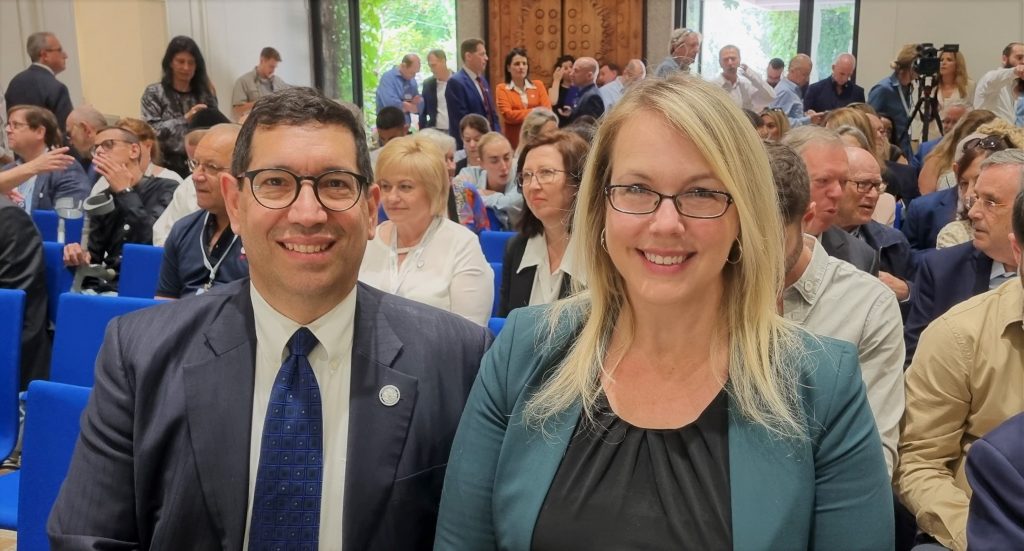
Last month RJS shared that US Deputy Chief of Mission Stephanie L. Hallett was at Beit Hanasi representing the US. This week it was announced instead of appointing a new Ambassador to replace Tom Nides, she will serve as chargé d’affaires in the US Embassy in Jerusalem. Best wishes to her!
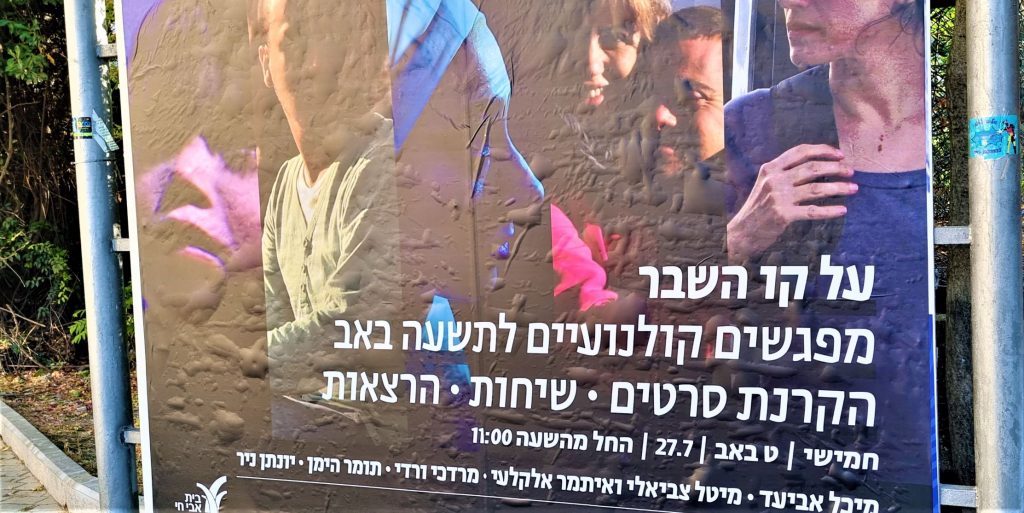
For Tisha B’Av there are way too many programs to mention, beginning on Wednesday through Thursday night this year, with the fast ending at 8:09 pm.
Jerusalem buses to the Kotel, Western Wall will run through the night. The days may be too hot, so the nights are when people come out.
So many summer events are scheduled in August, from the usual big summer night concerts in Safra Square to Ice Skating in First Station, check the website for what else is happening in Jerusalem.
At the end of July, the new Jerusalem Museum will open the ‘Street Games’ exhibition at the Tower of David. Sorry to have to miss the opening events, but after Tisha B’Av is also a popular wedding season, and a wedding involving long-time friends is a priority.
Now only if the heat wave would end soon so we can venture out during the day again to see what else is happening on the Jerusalem streets!
